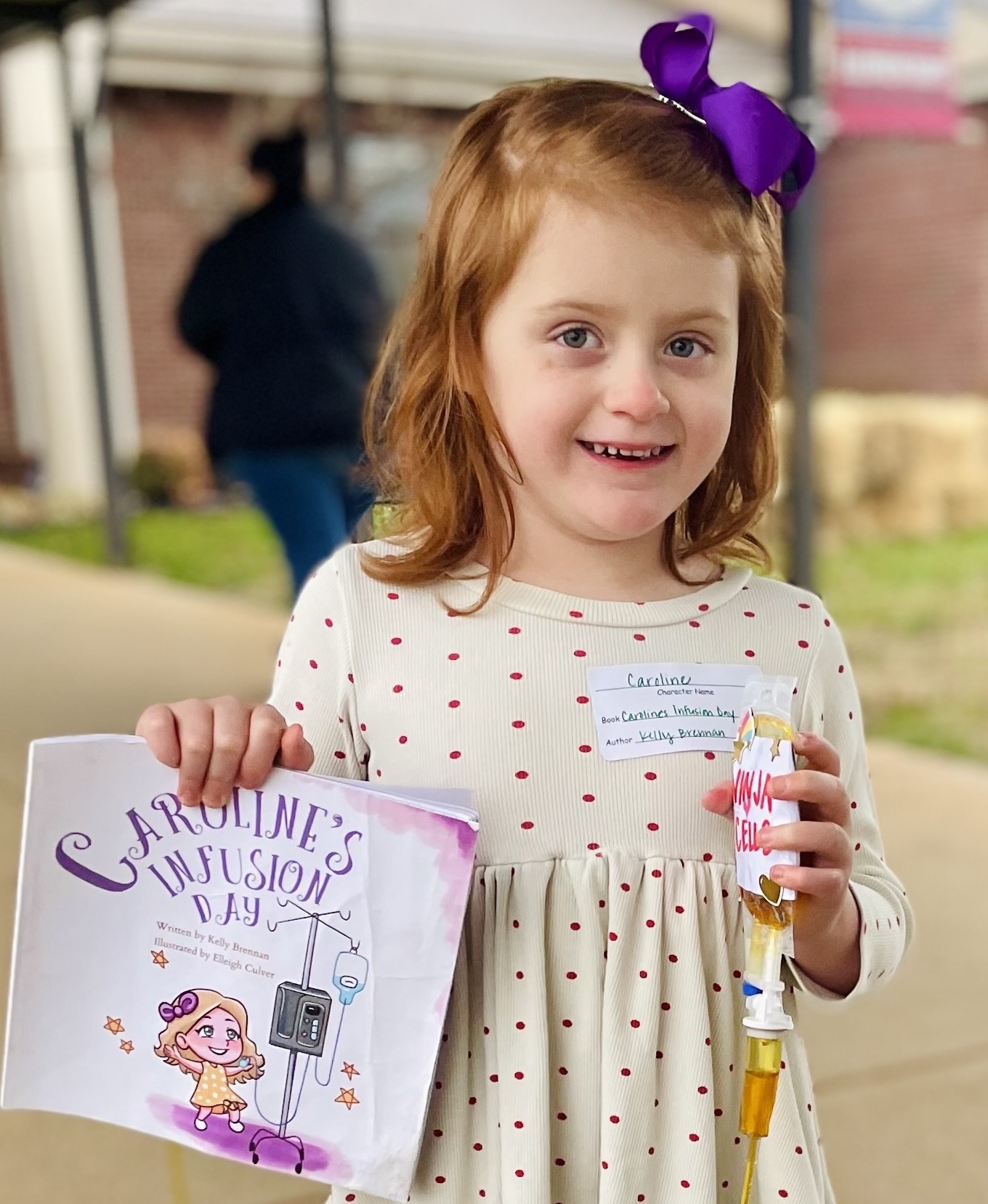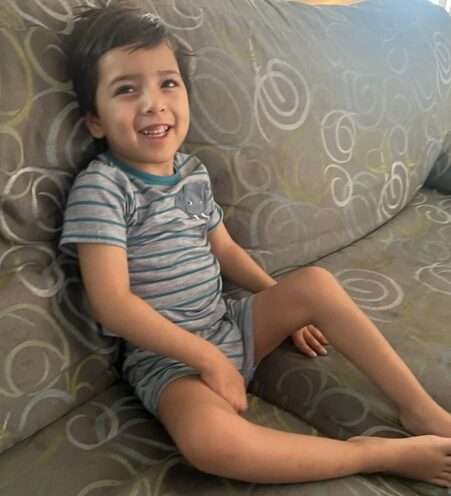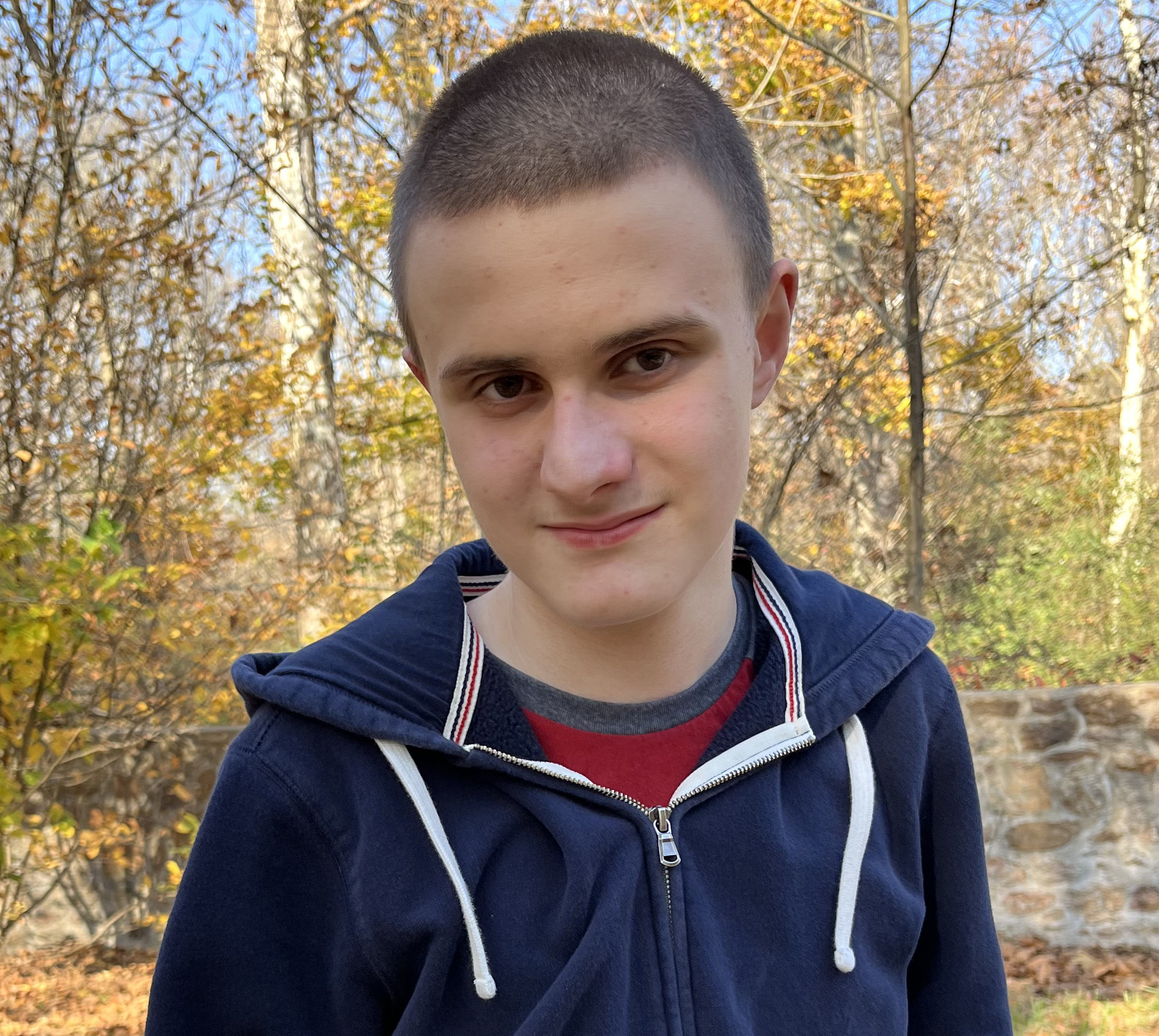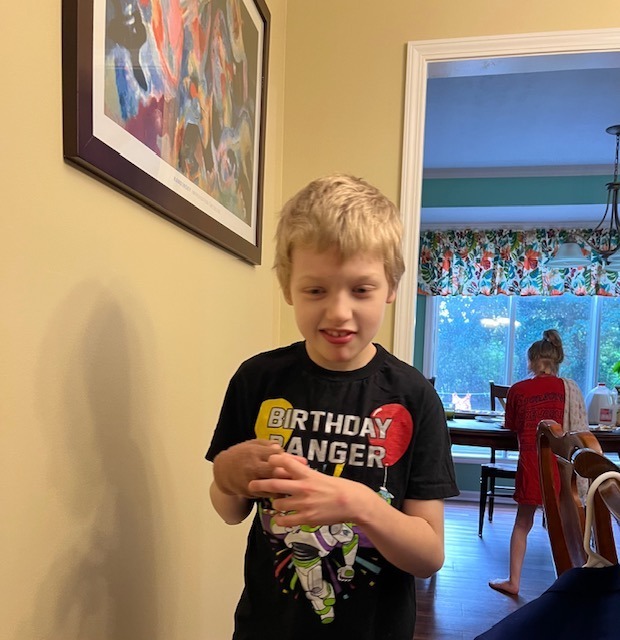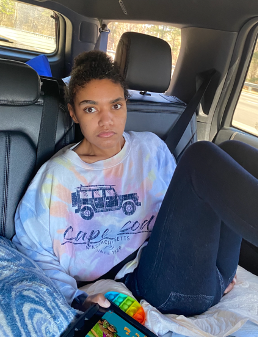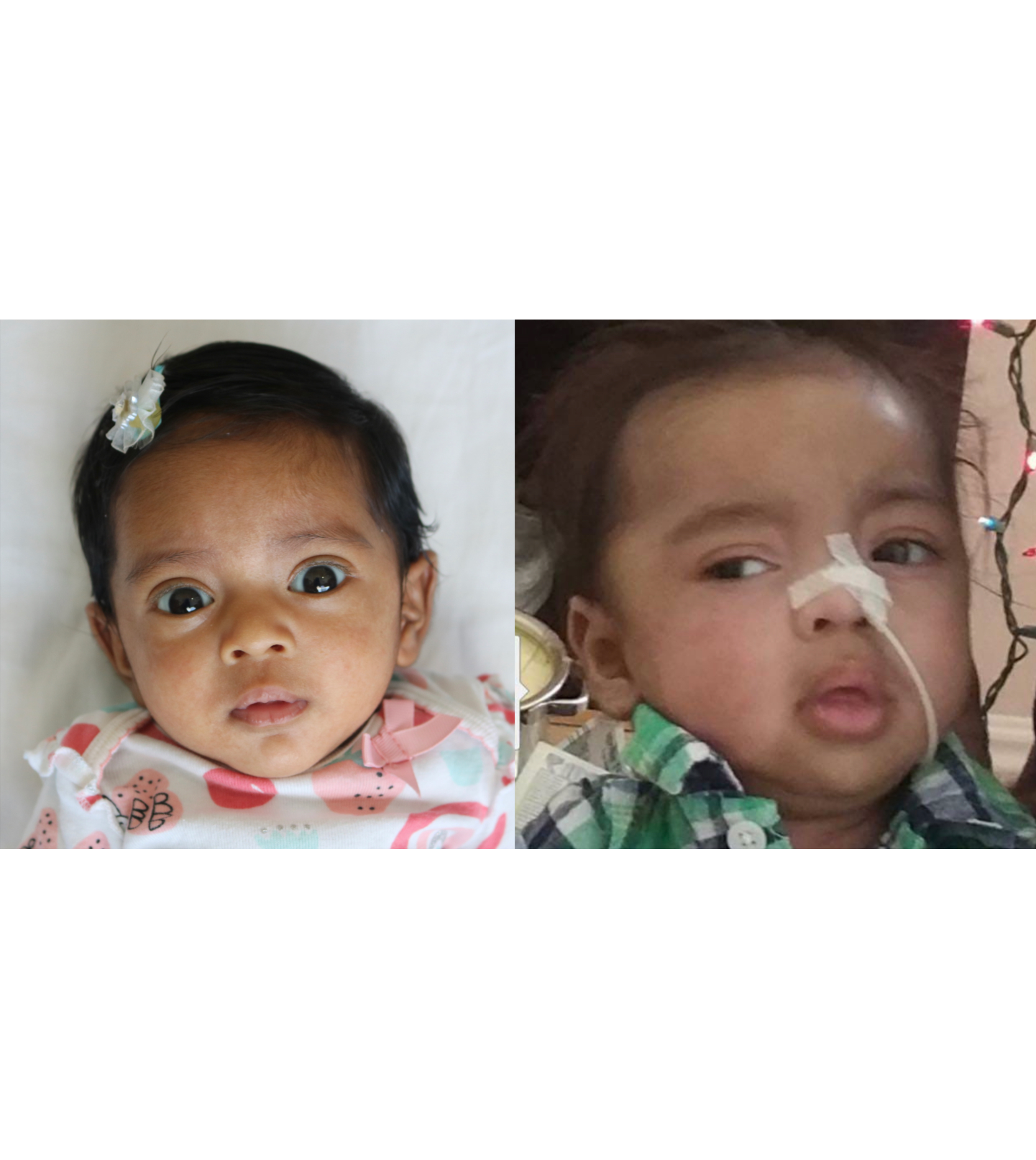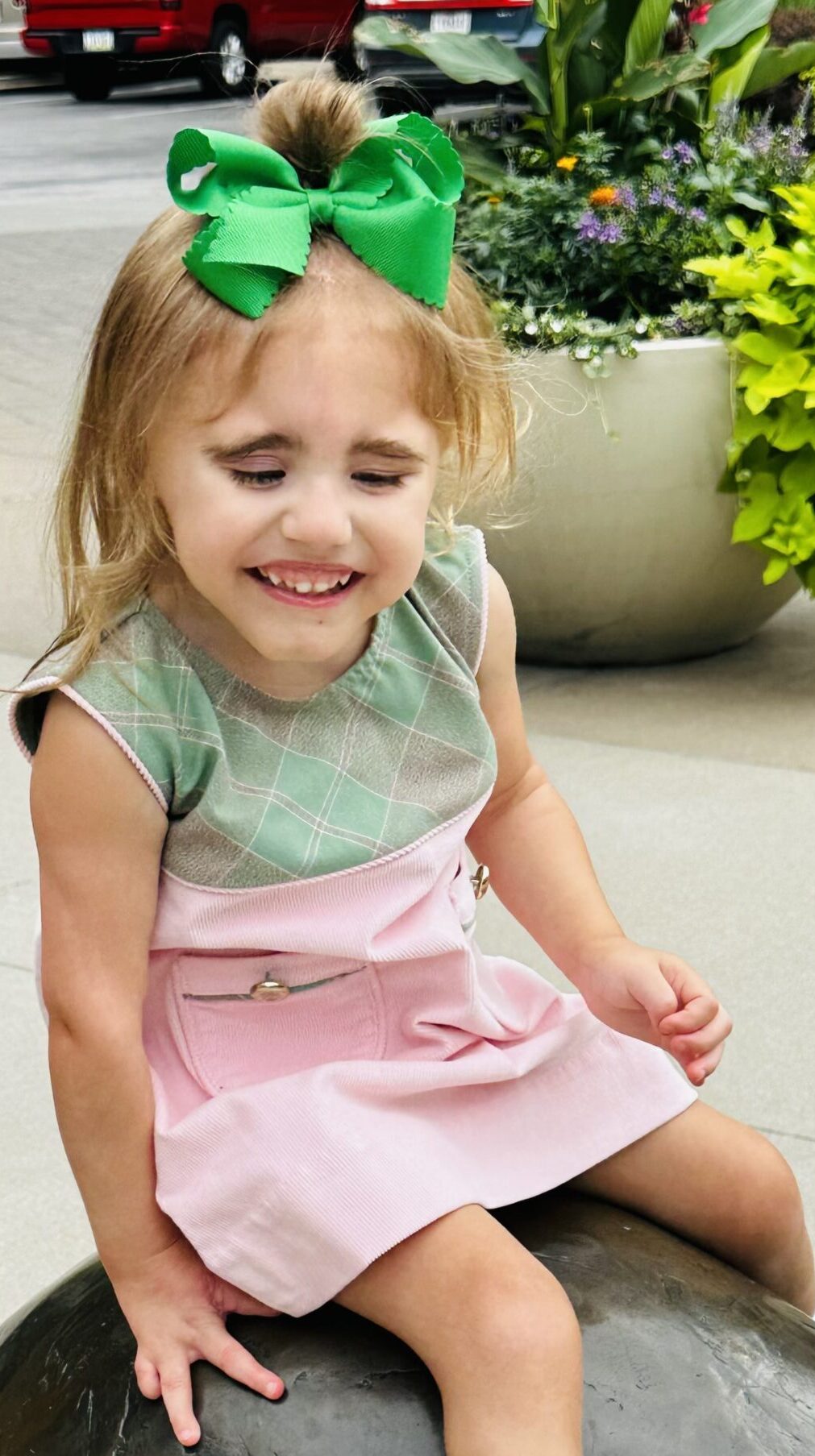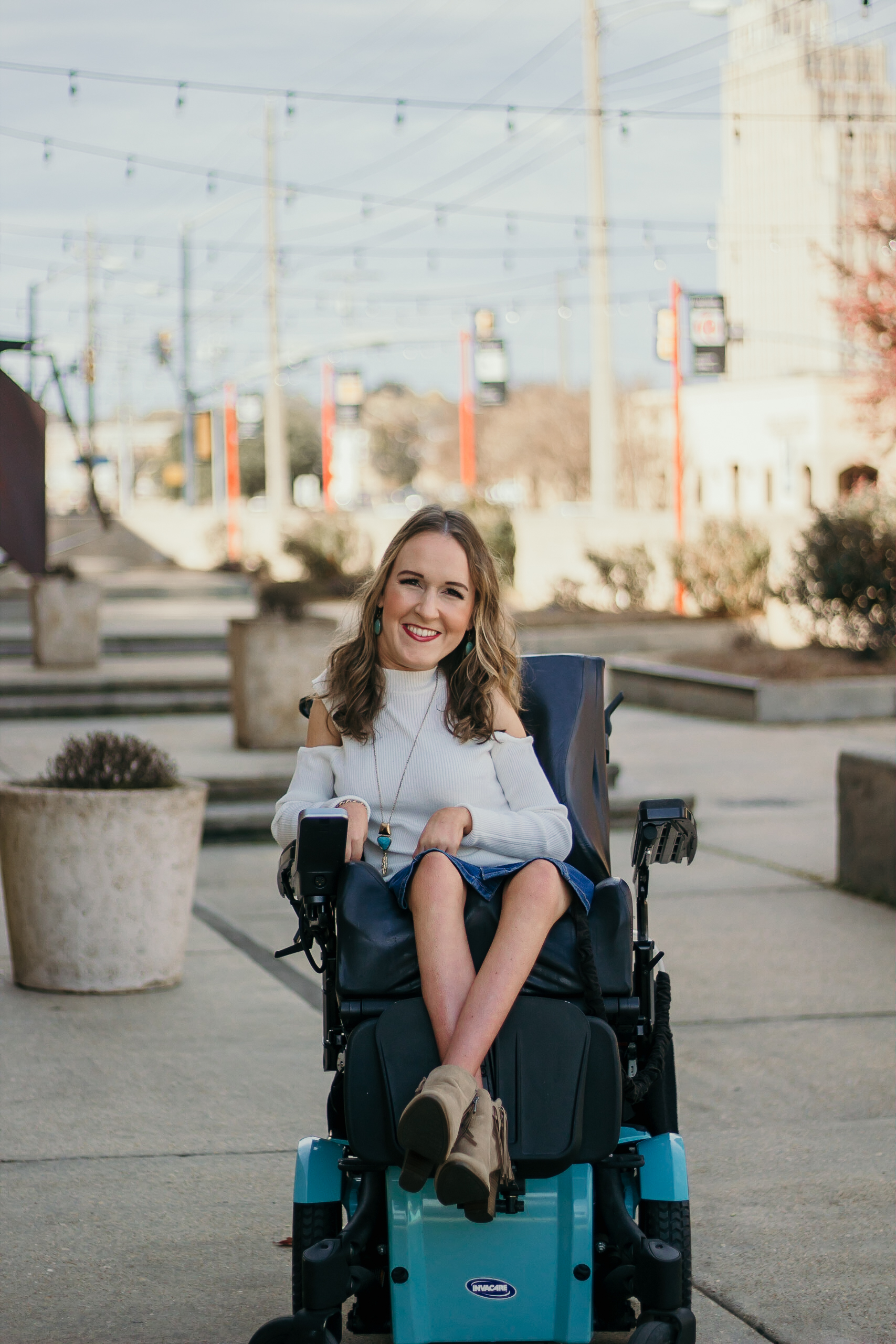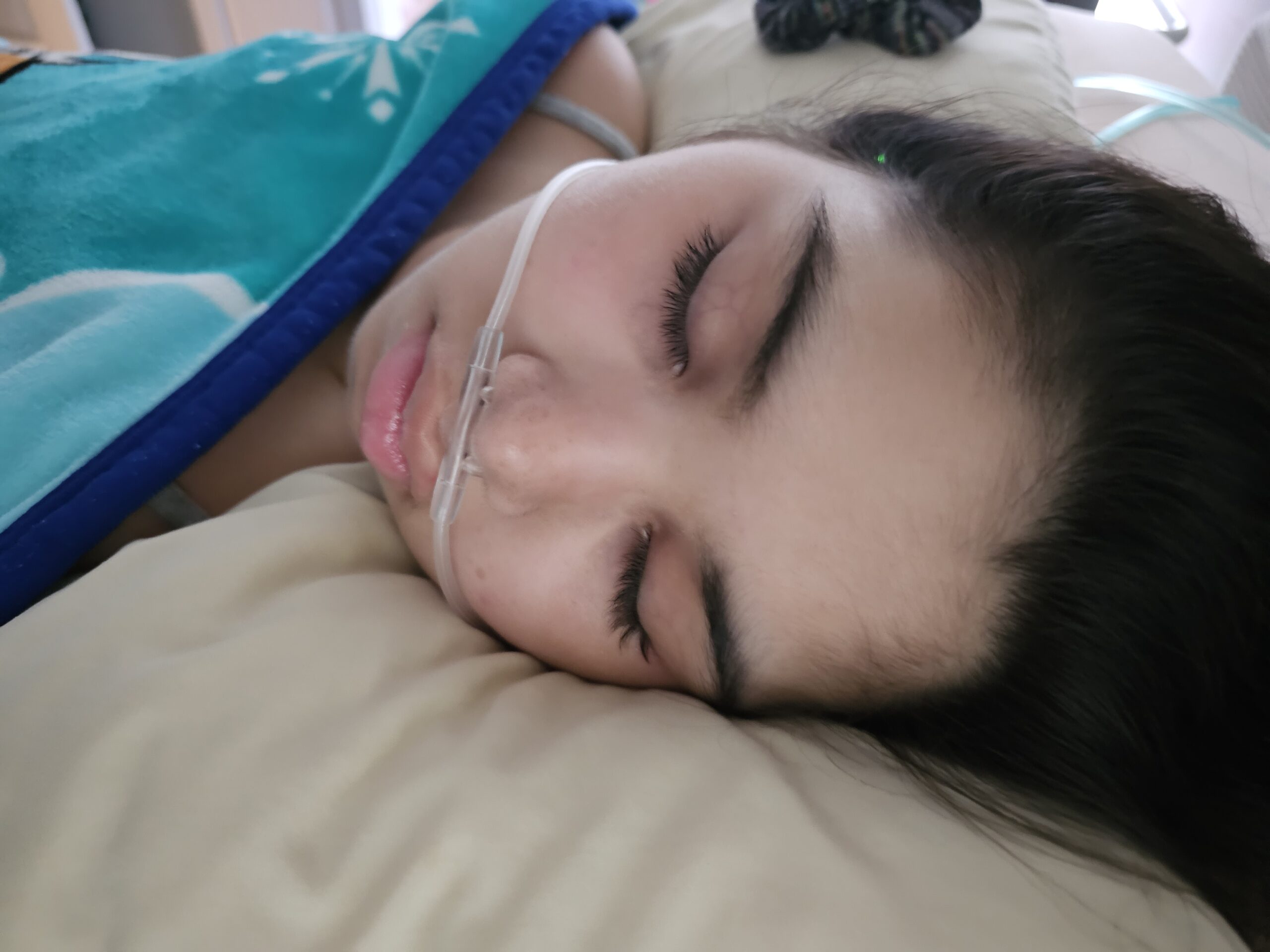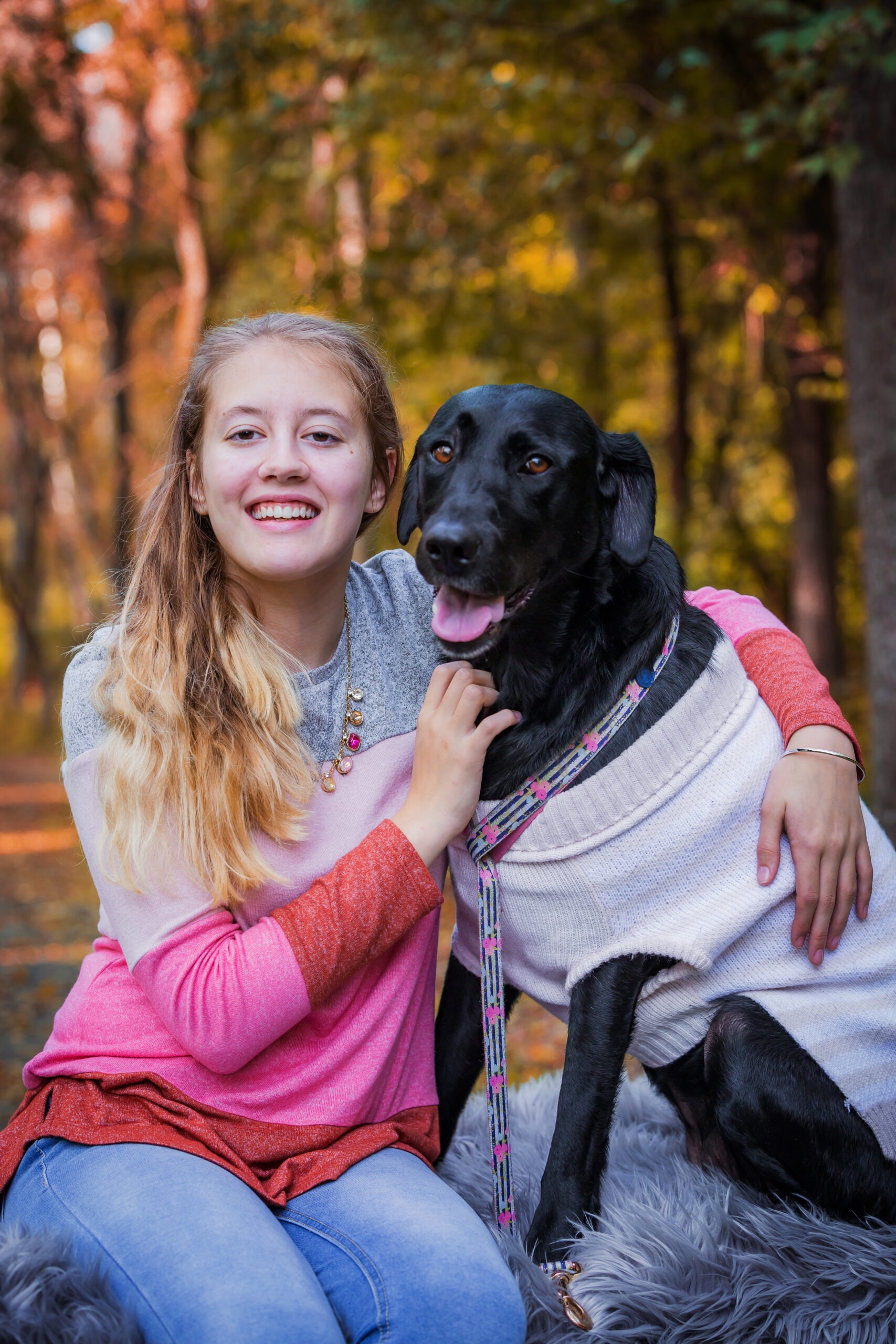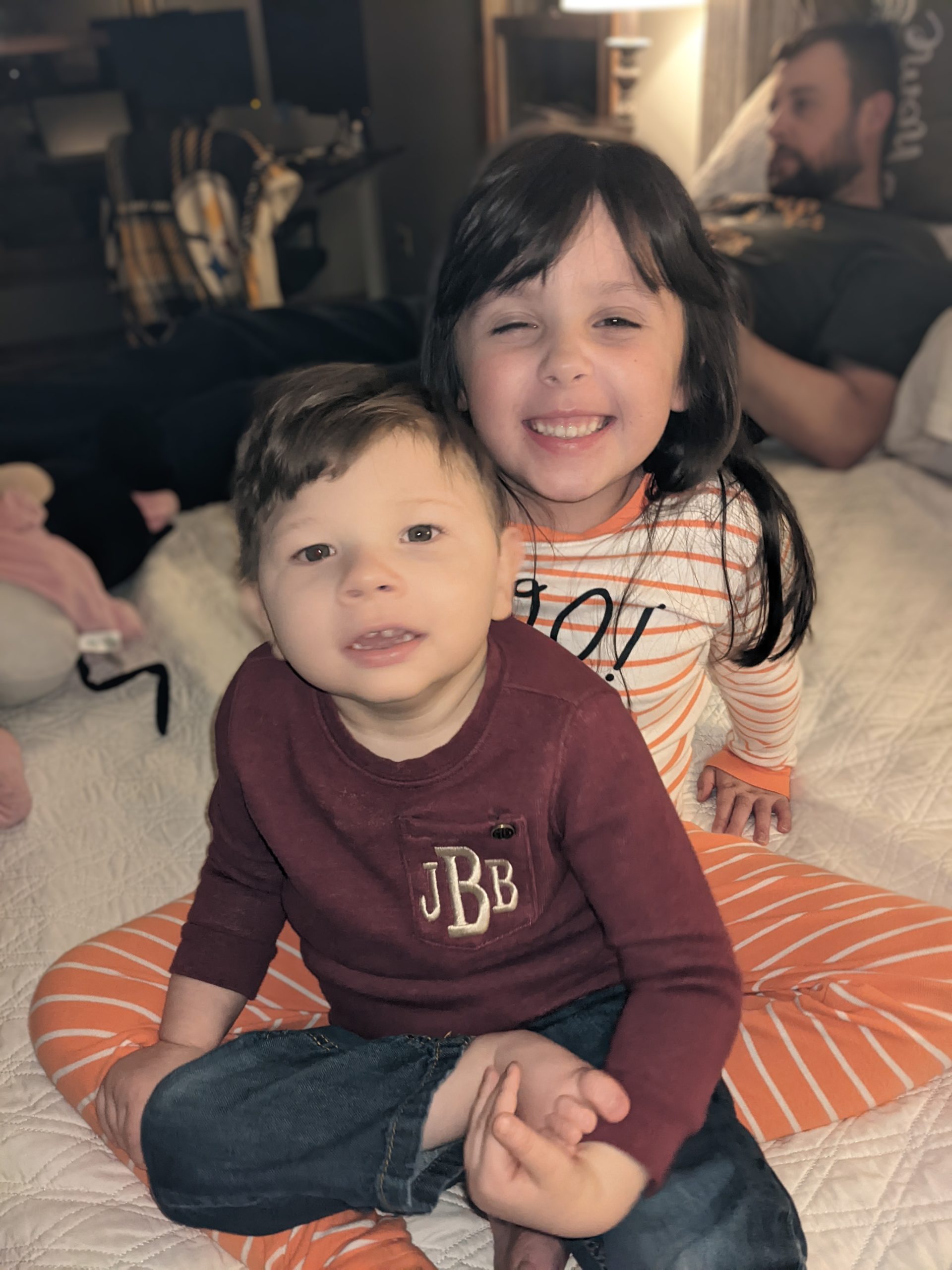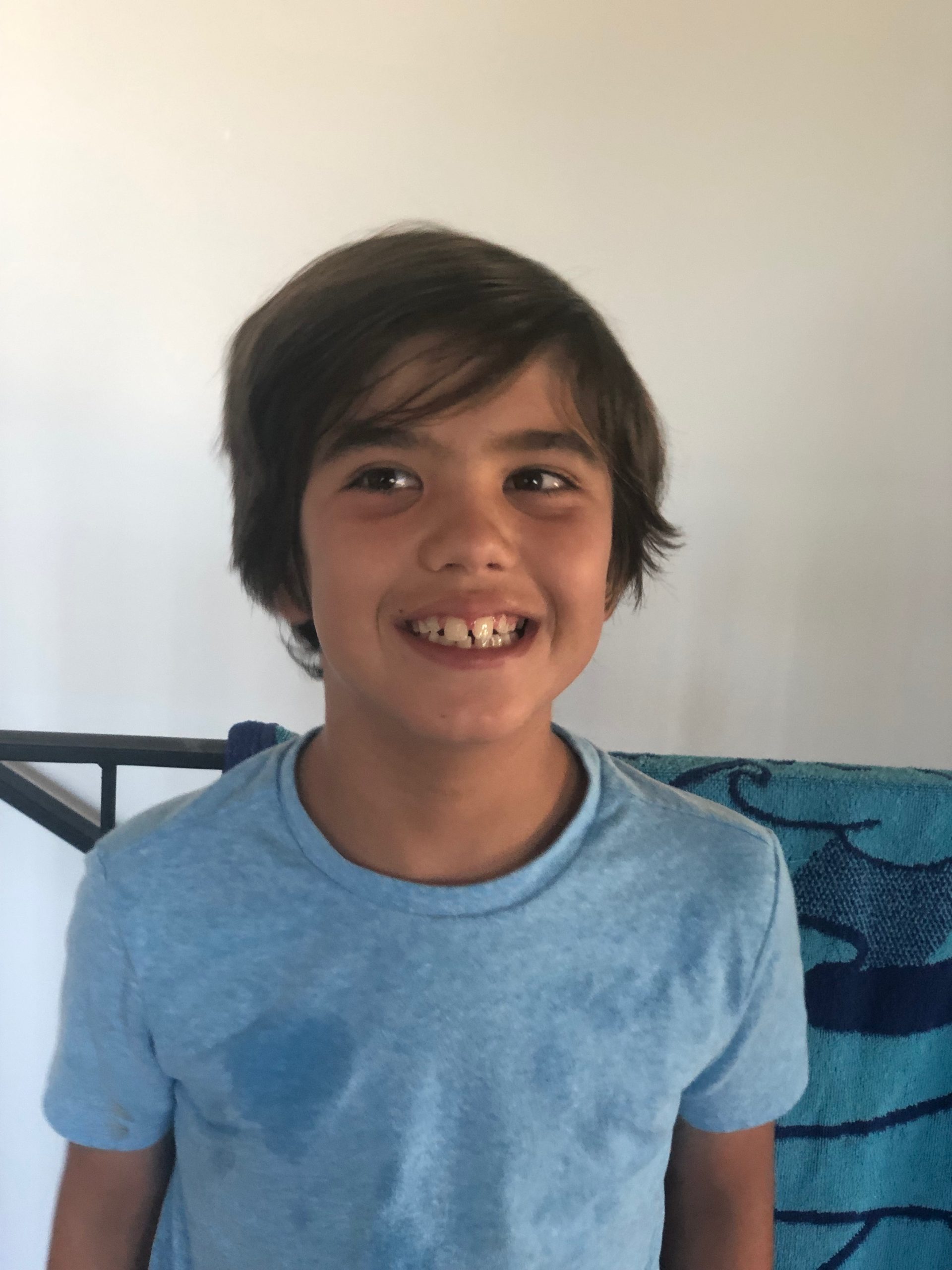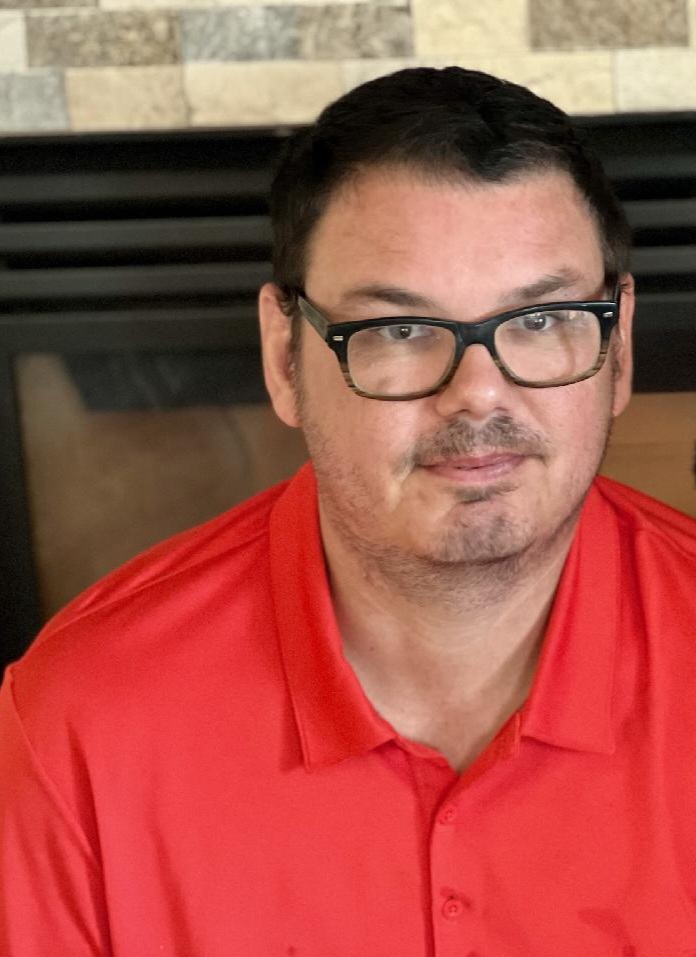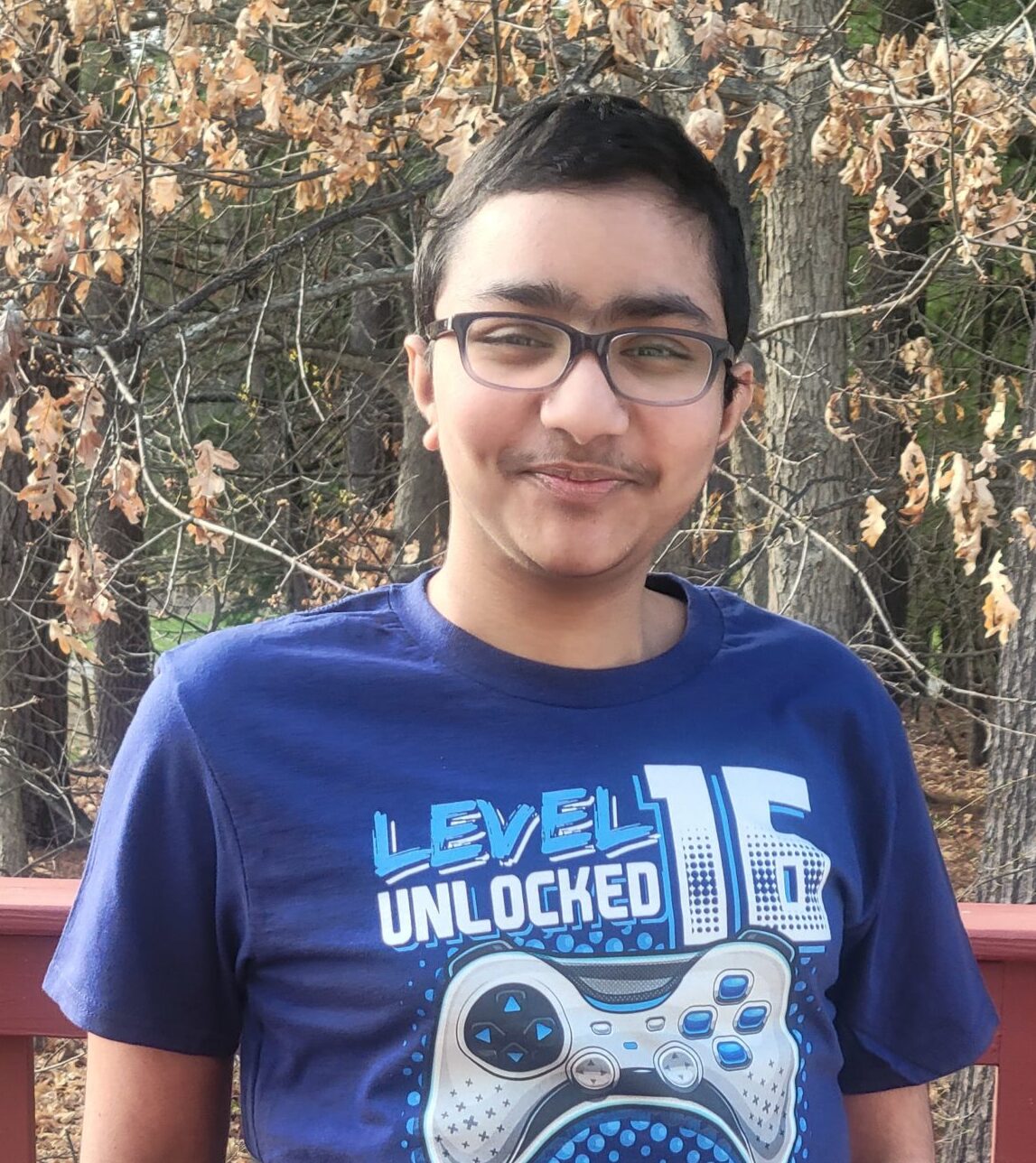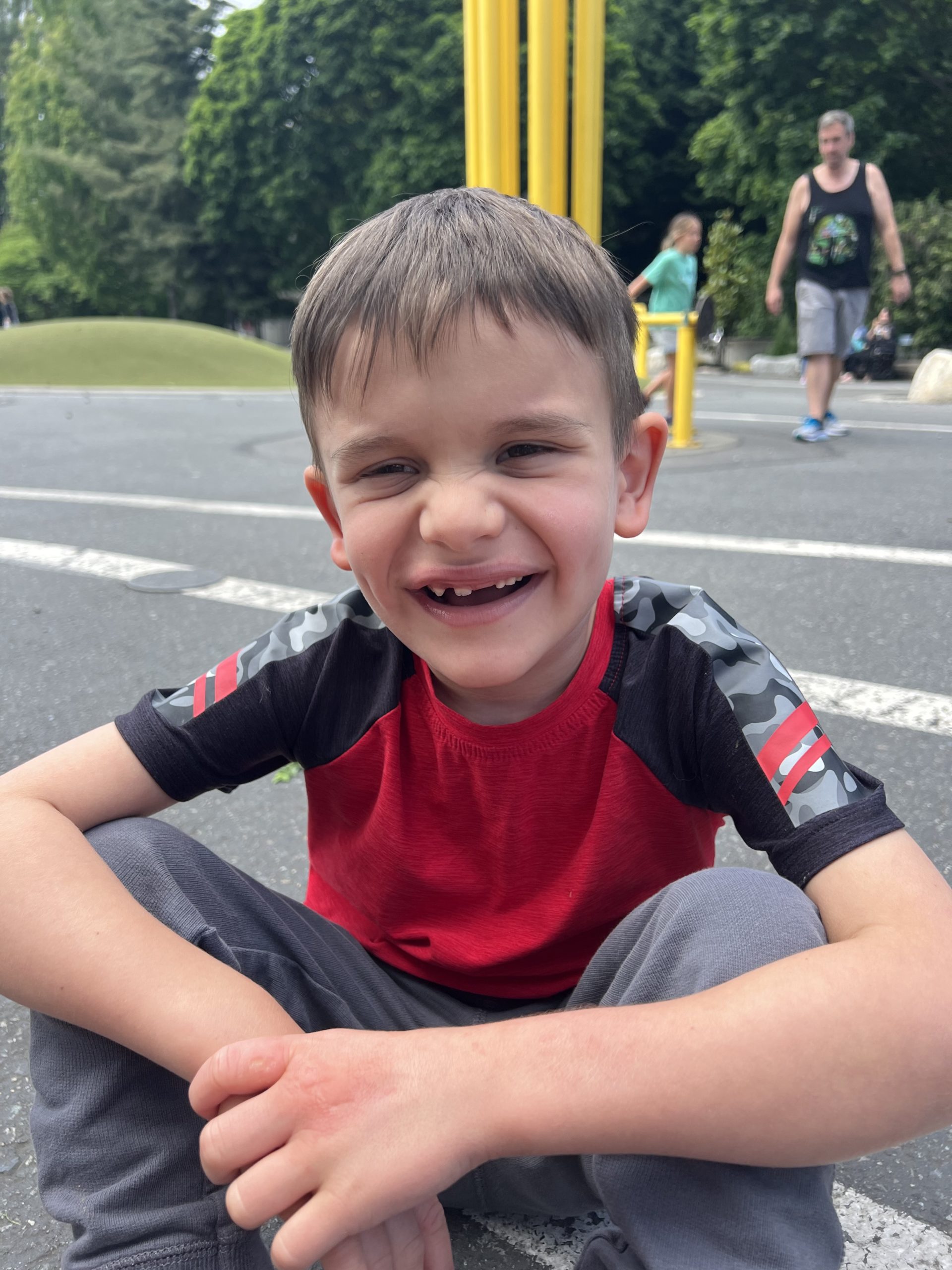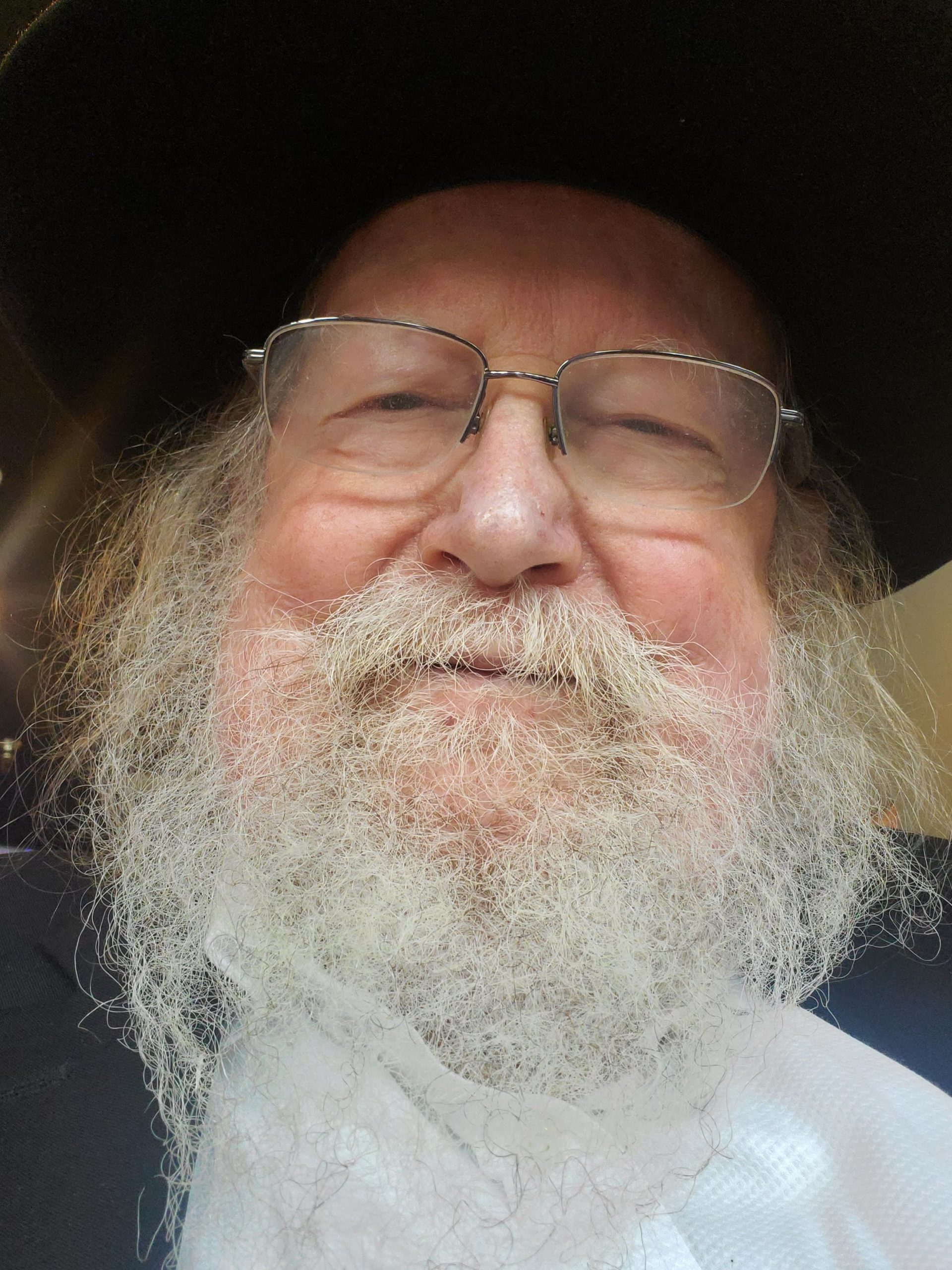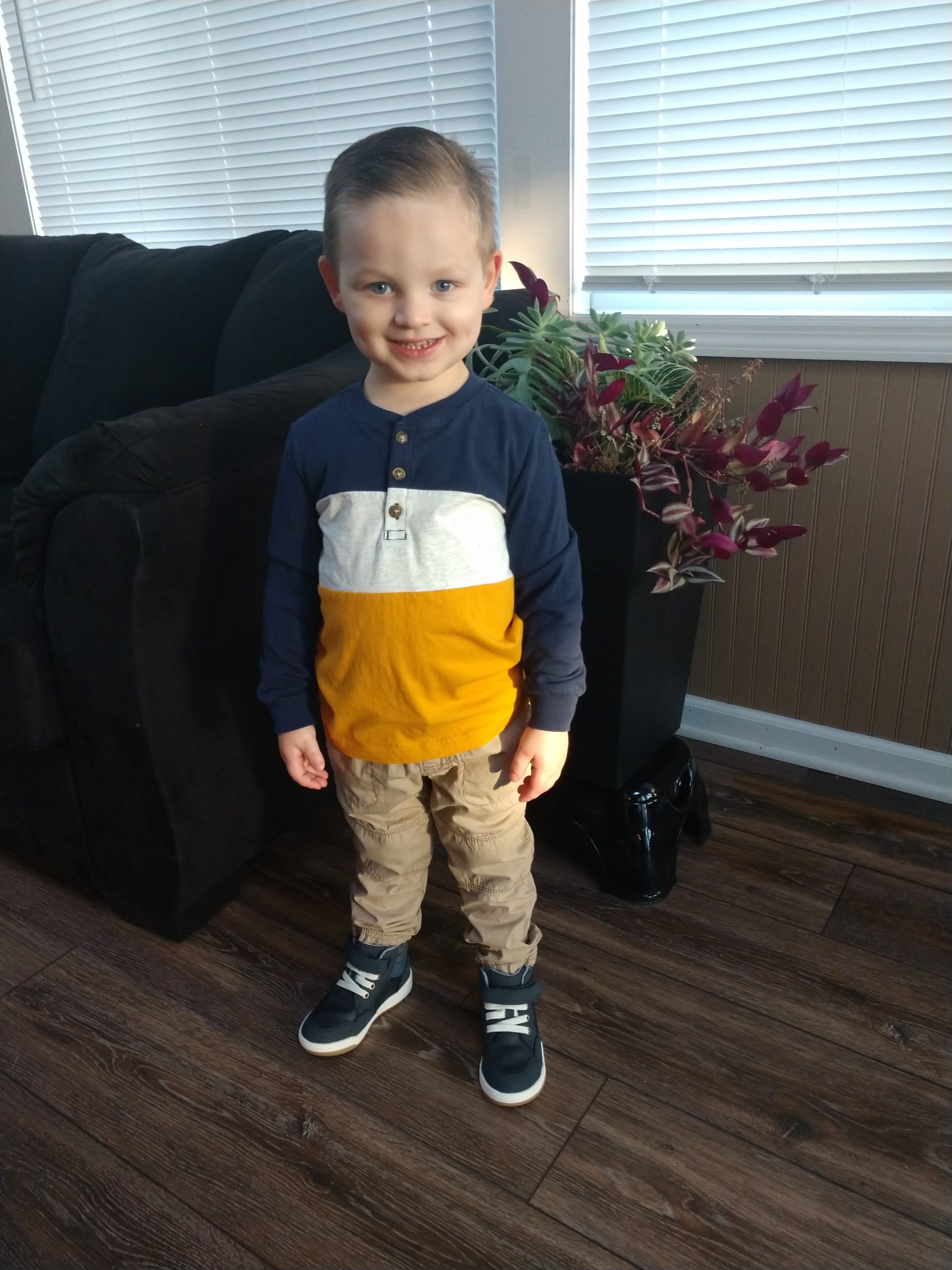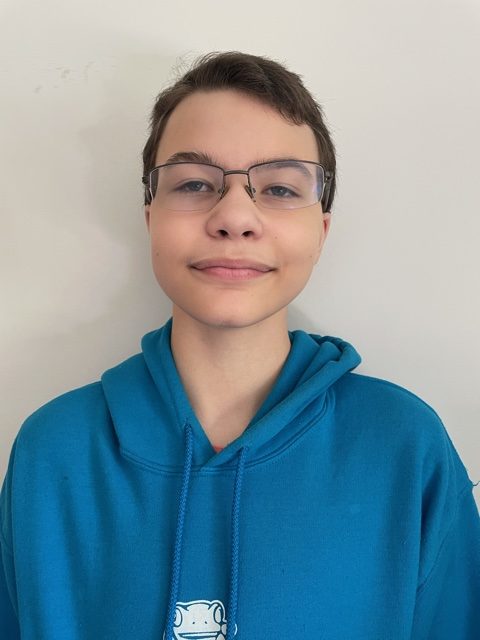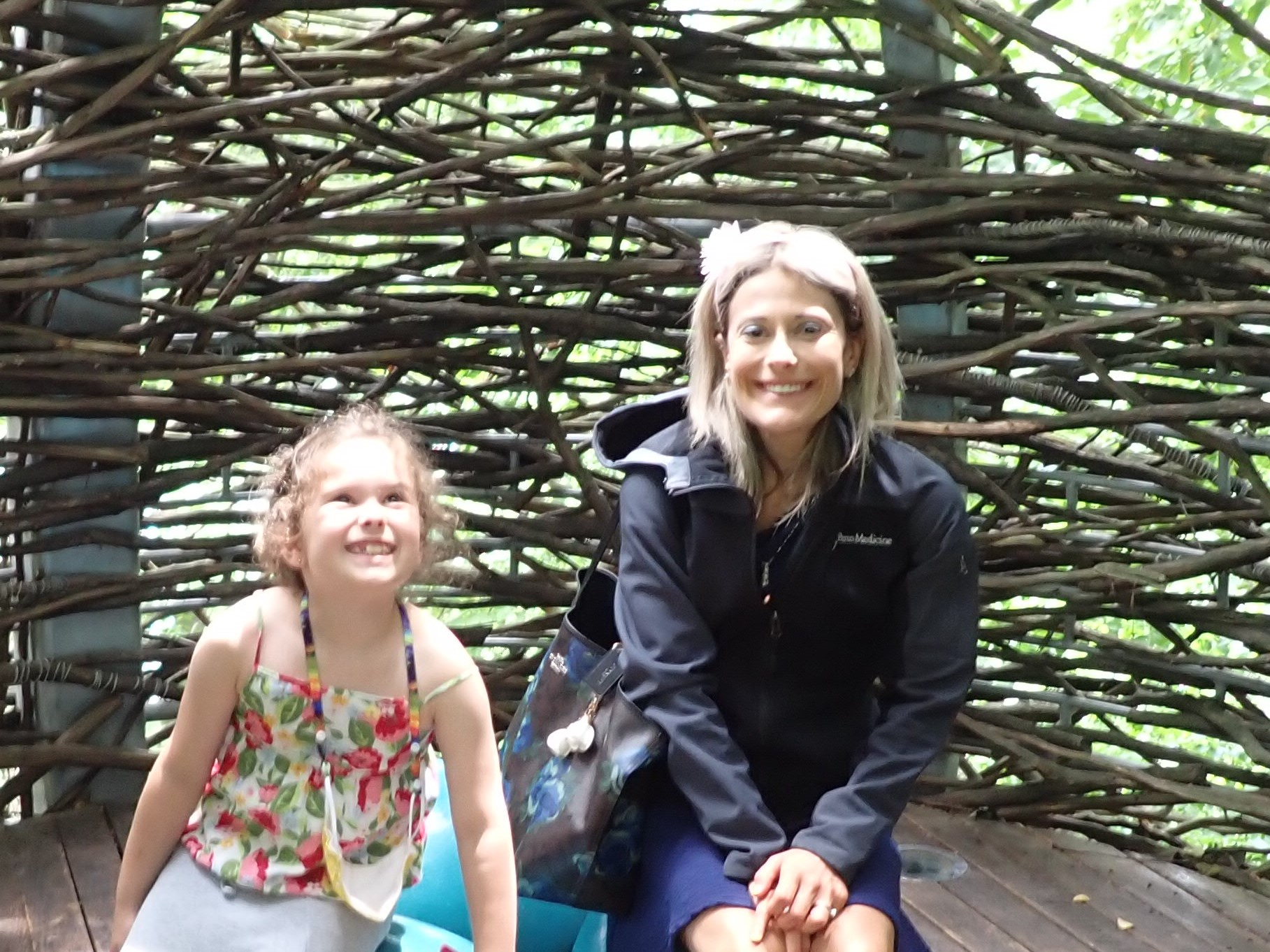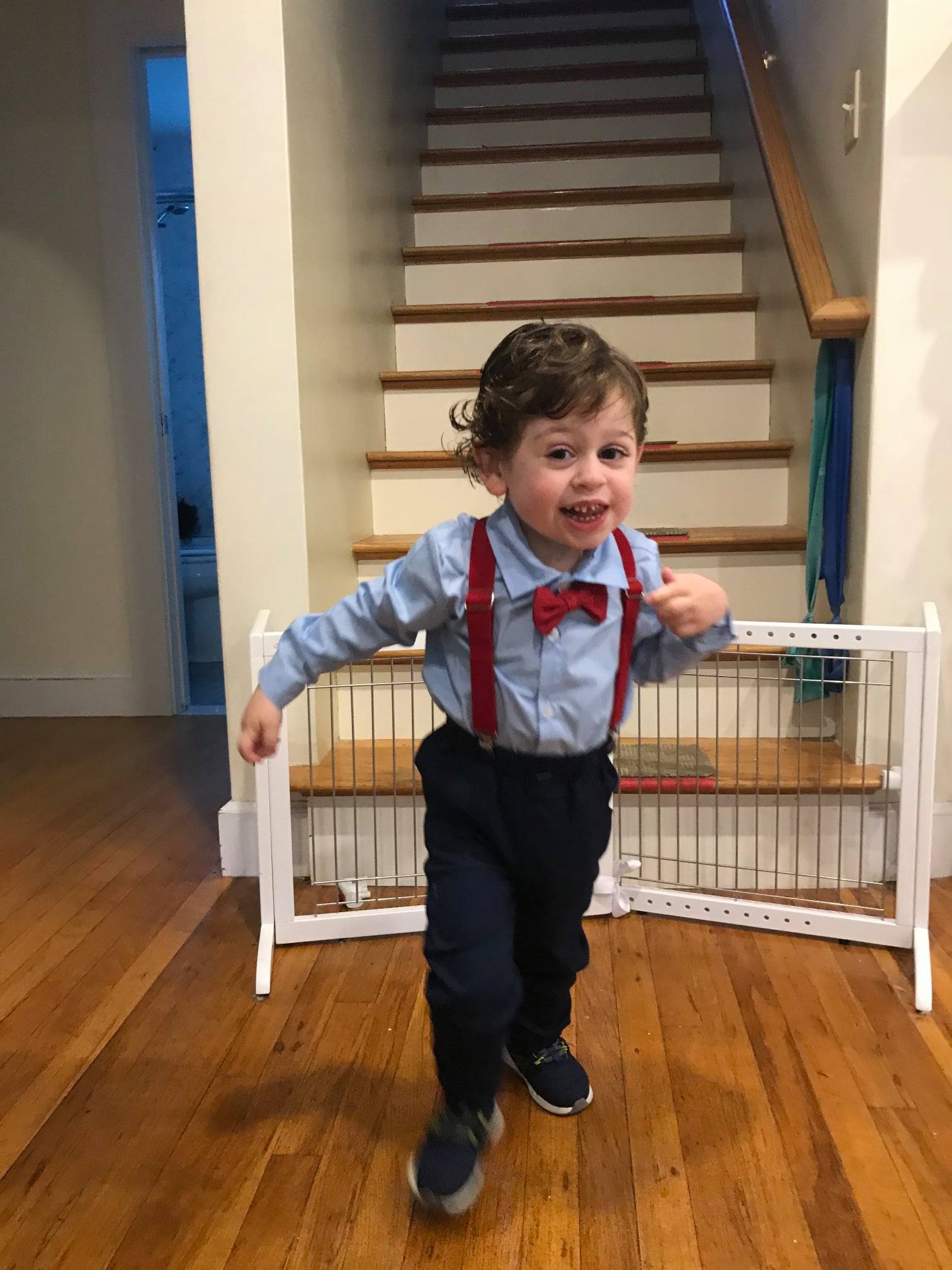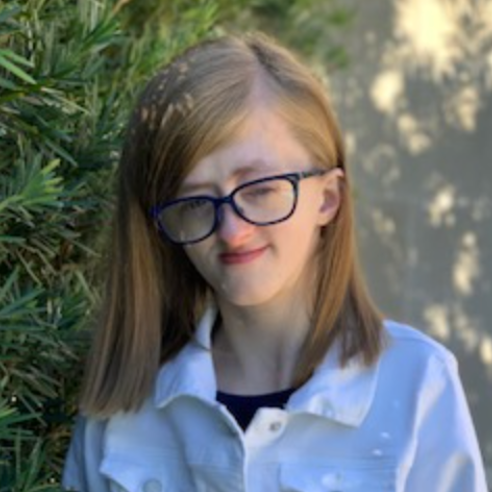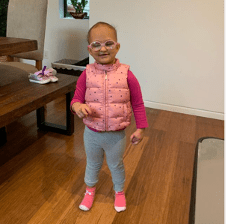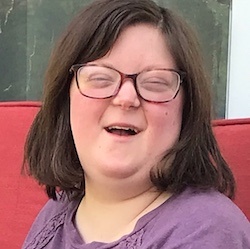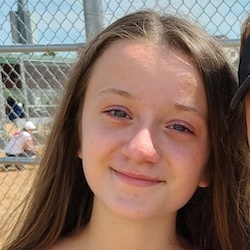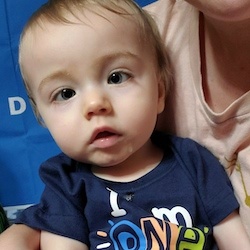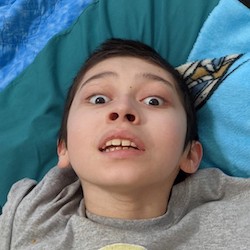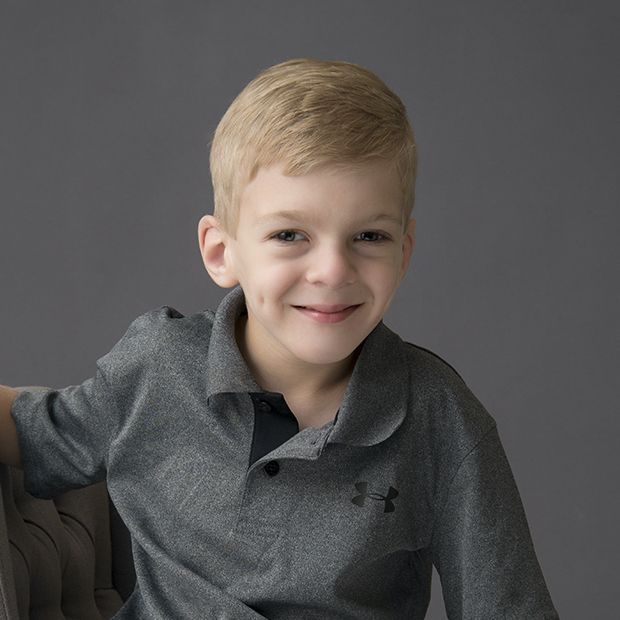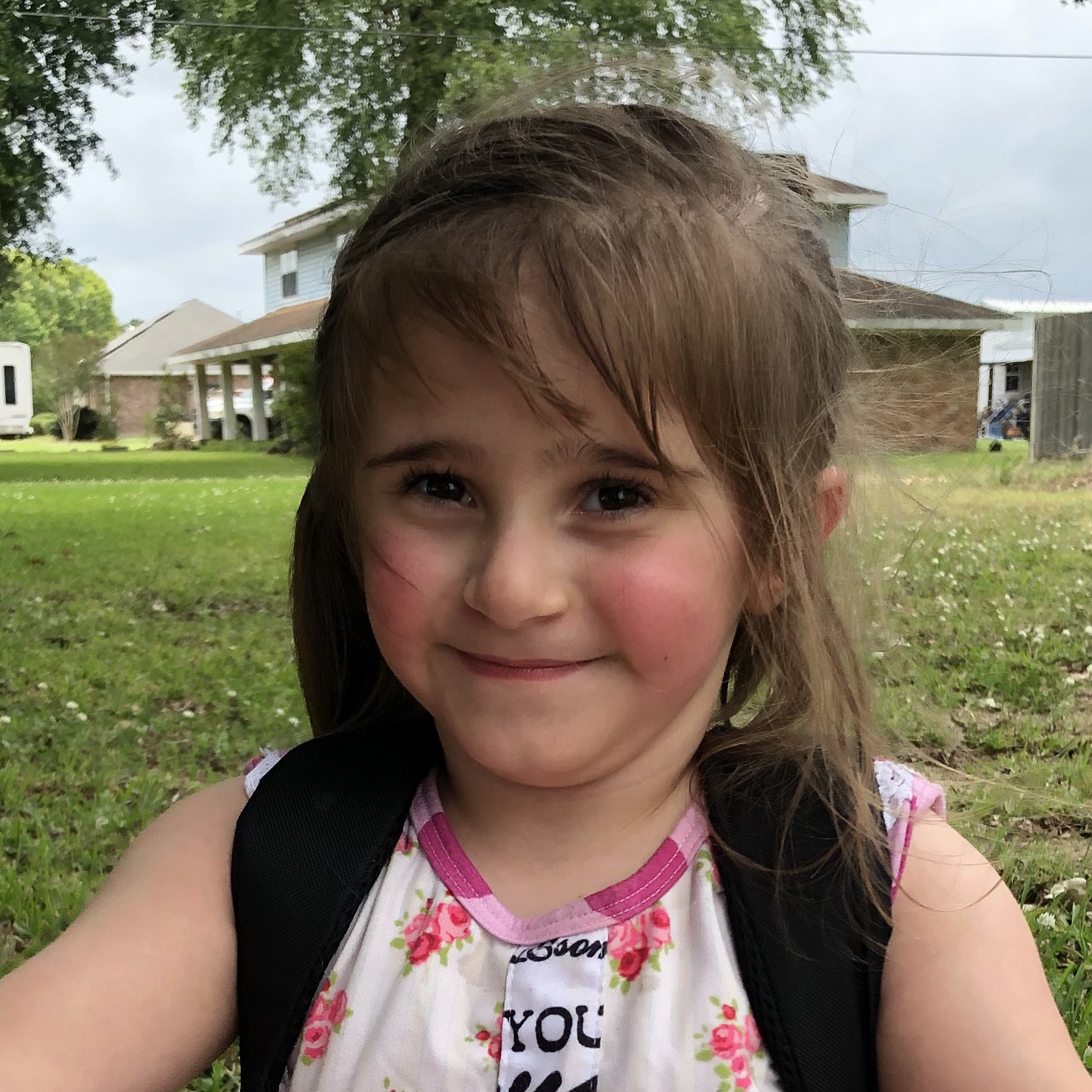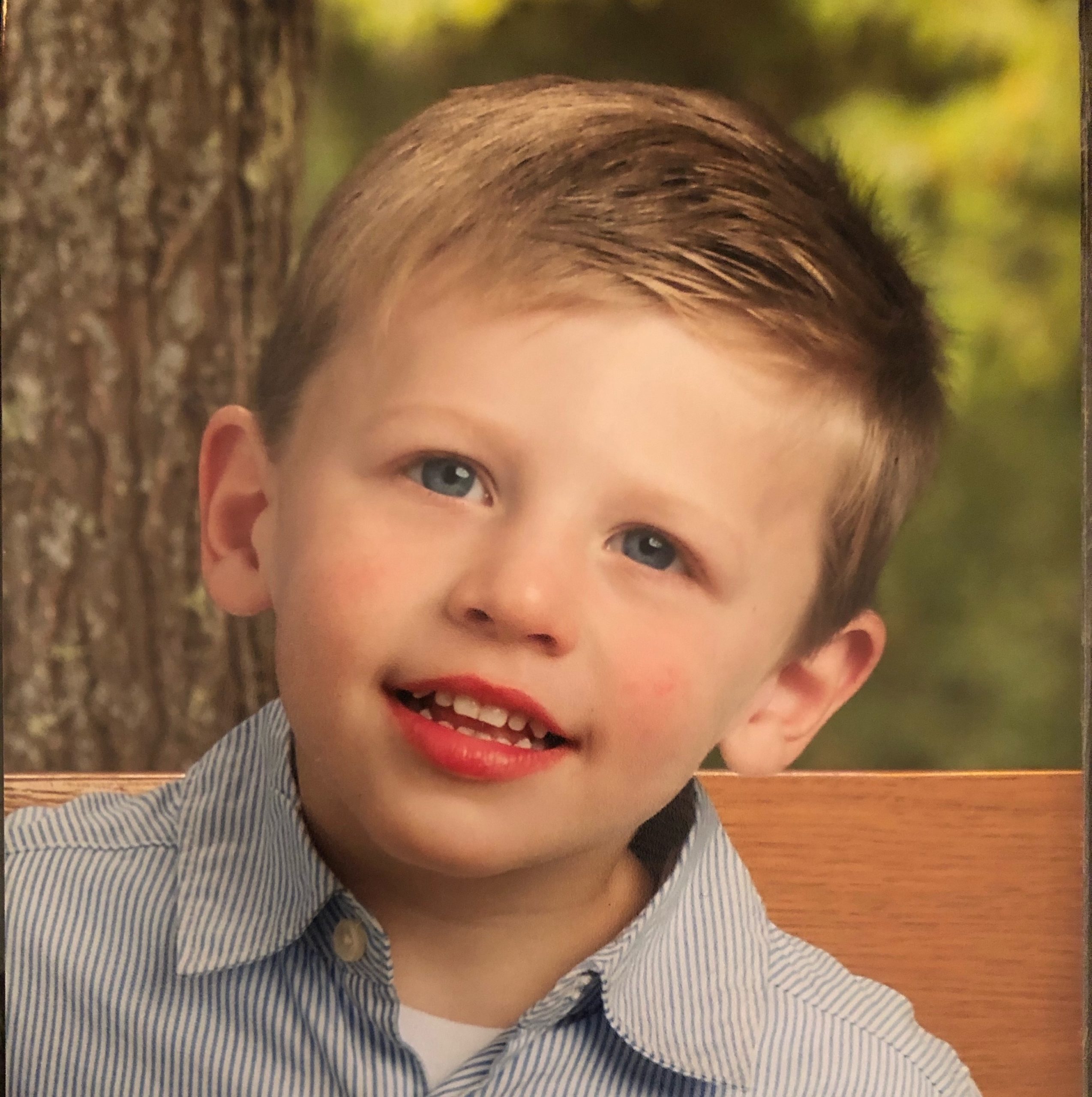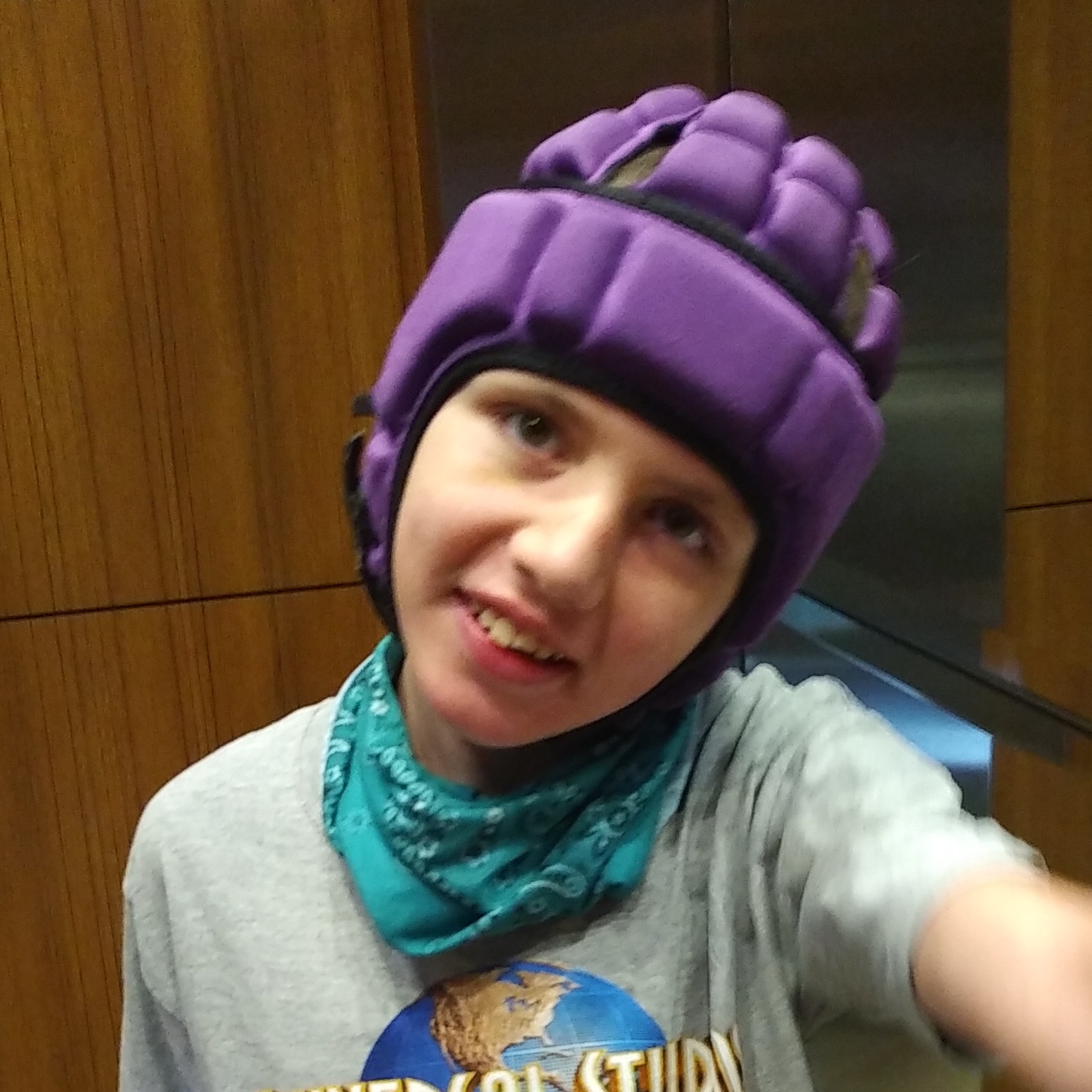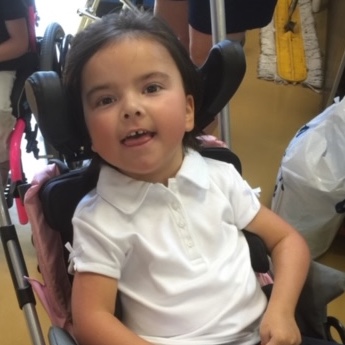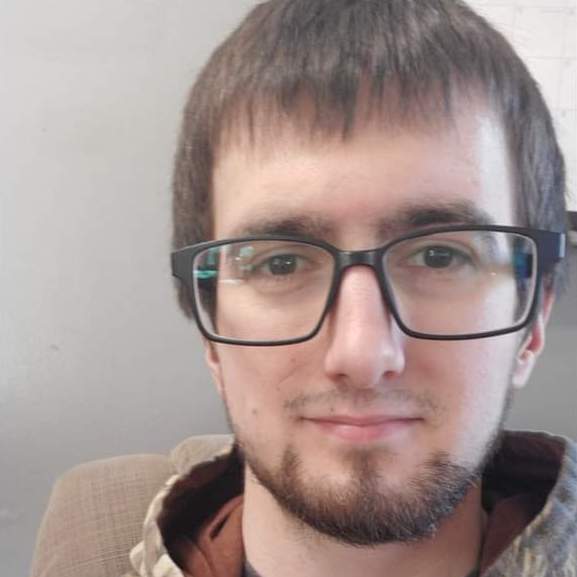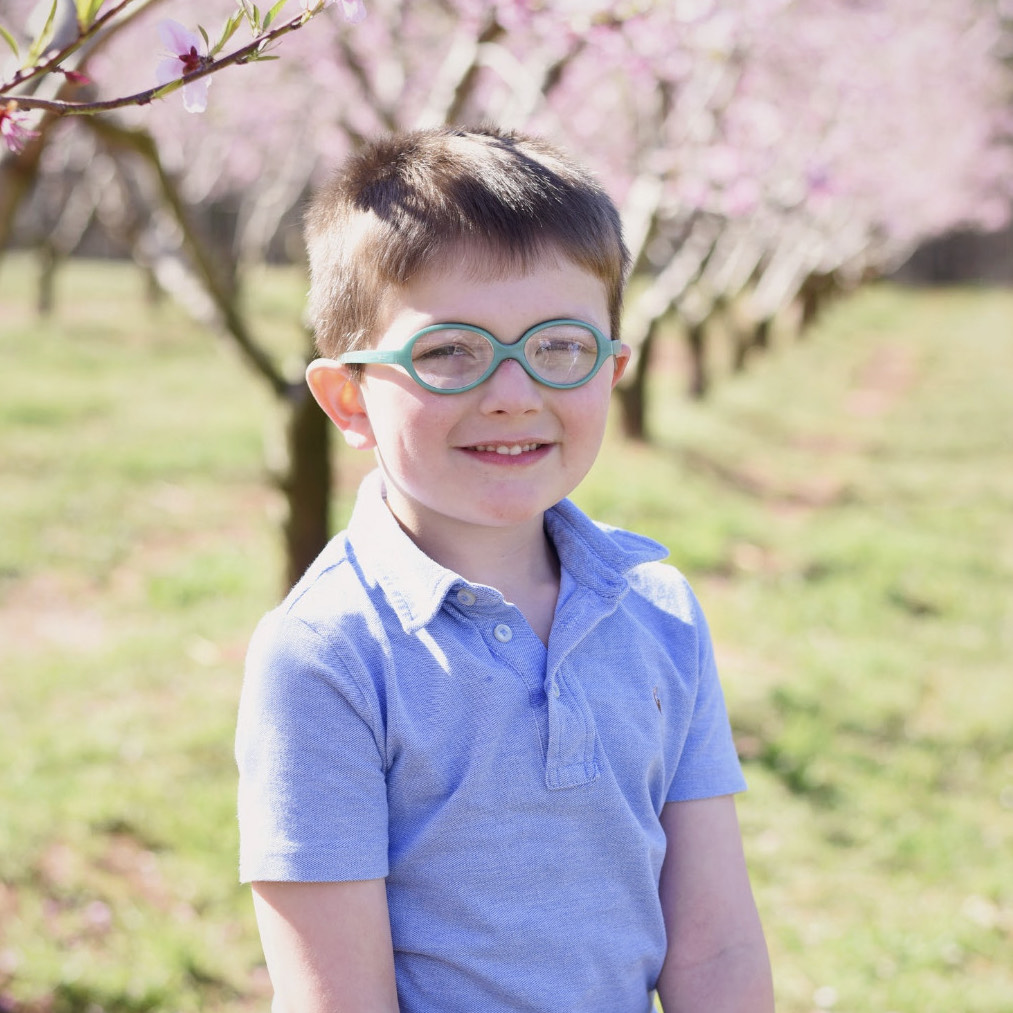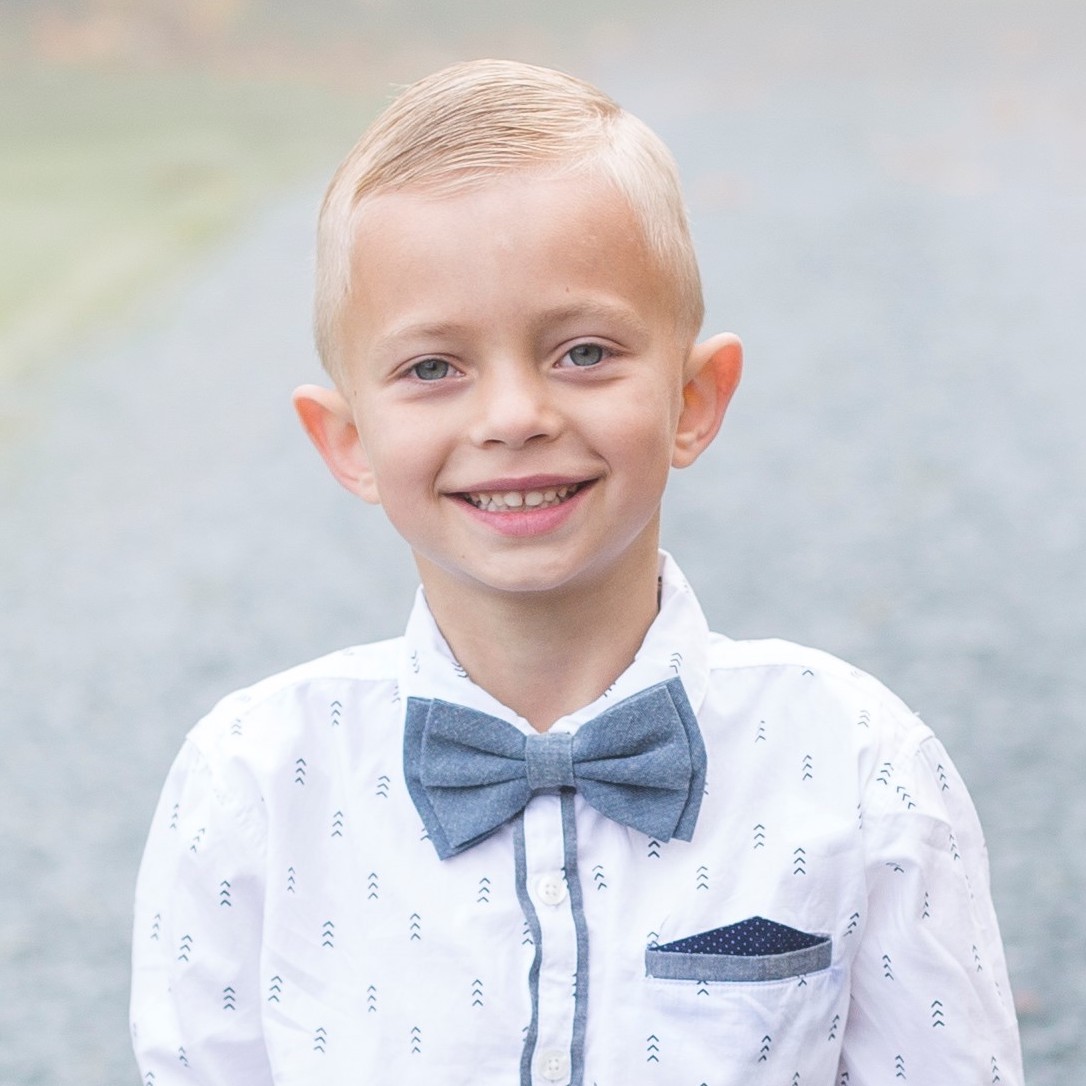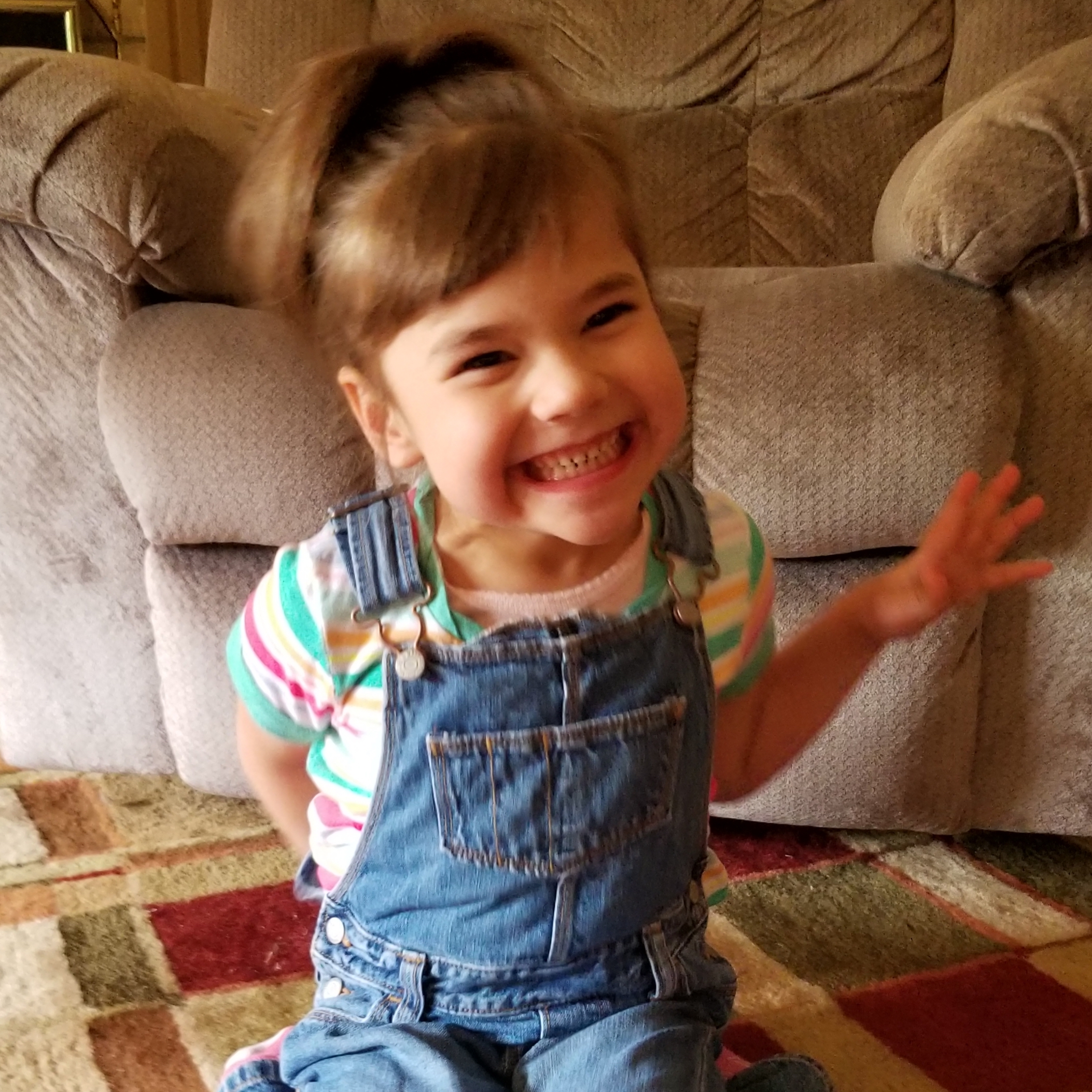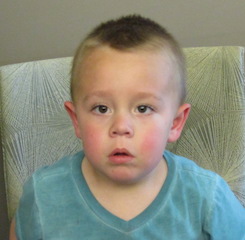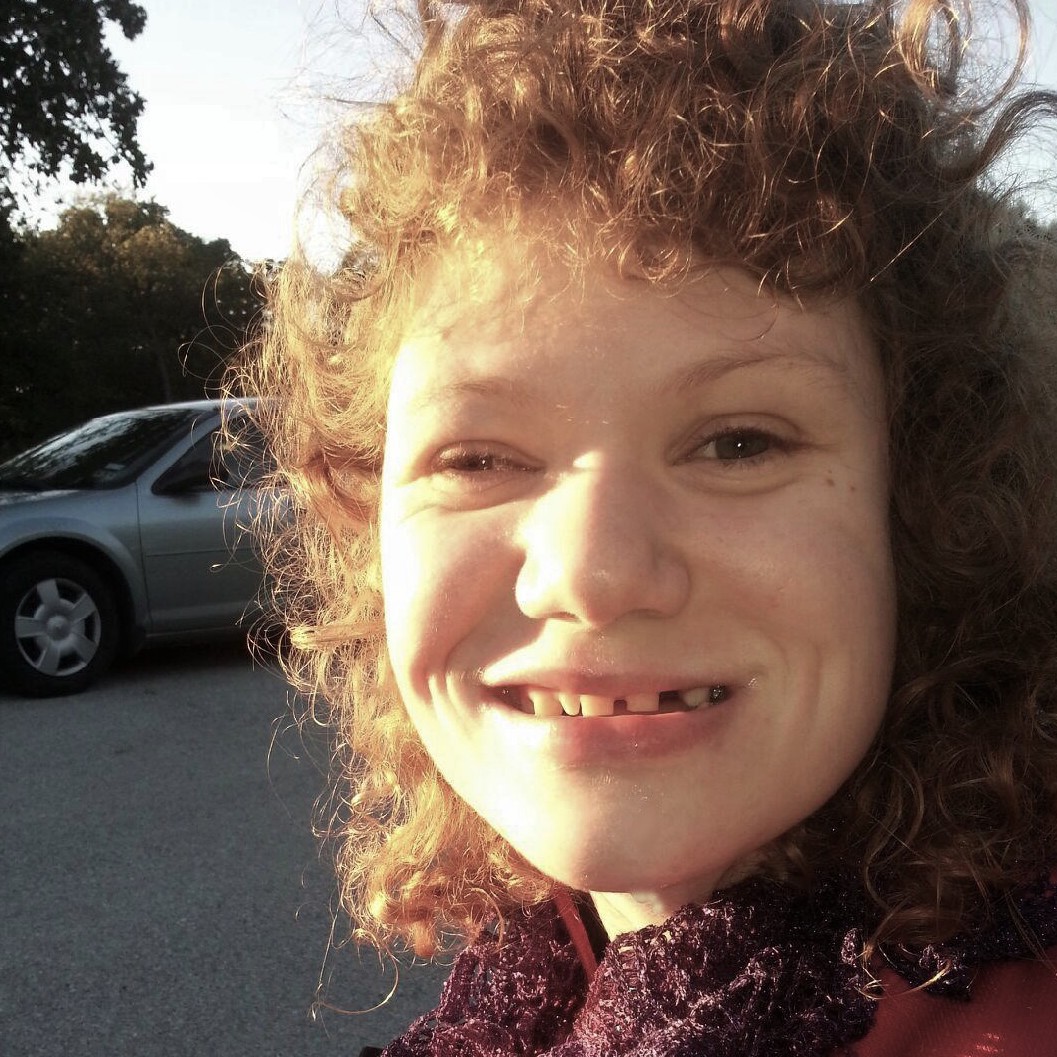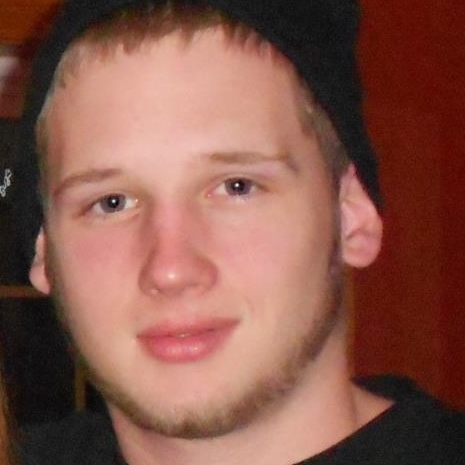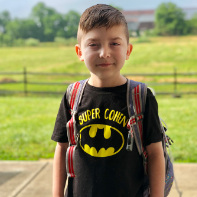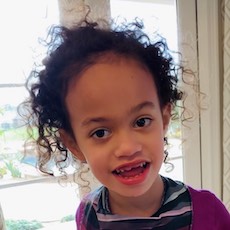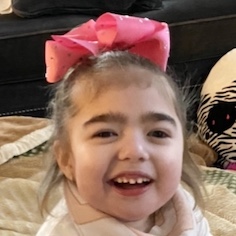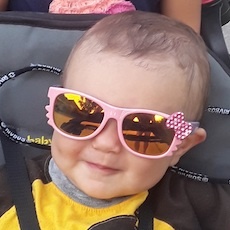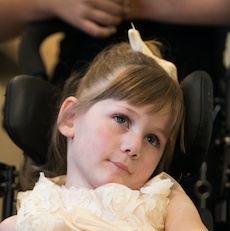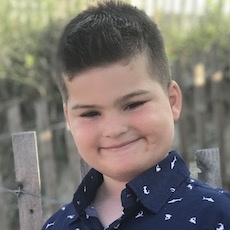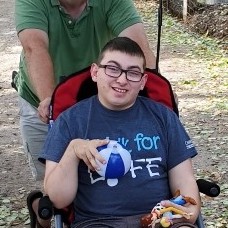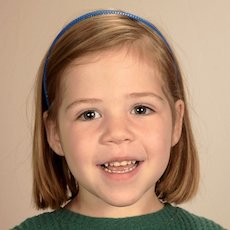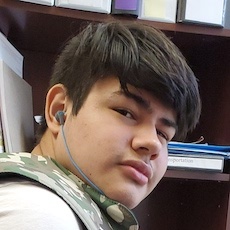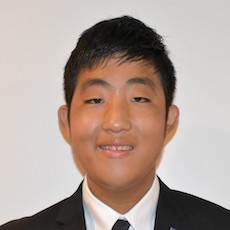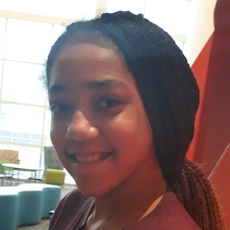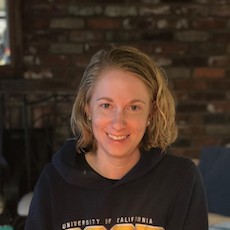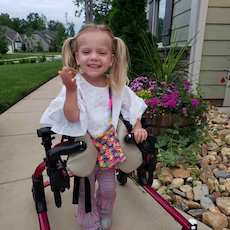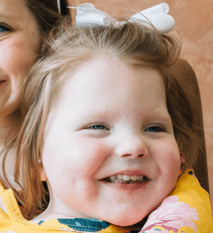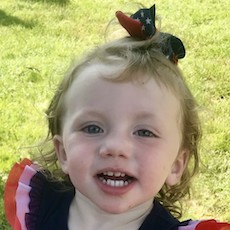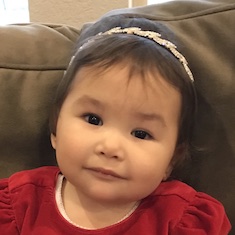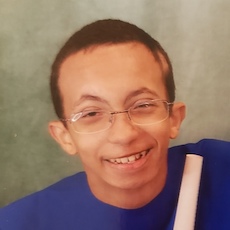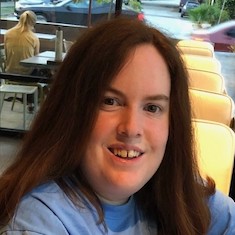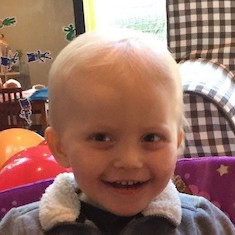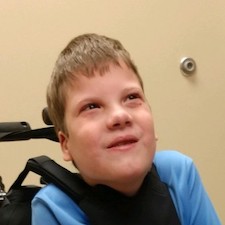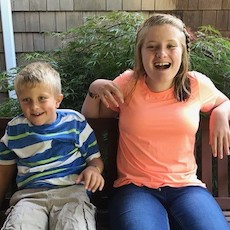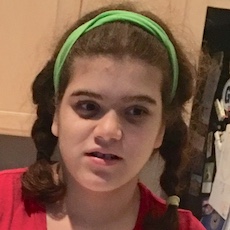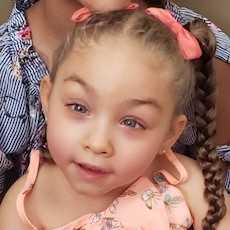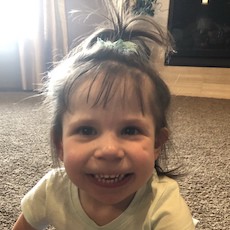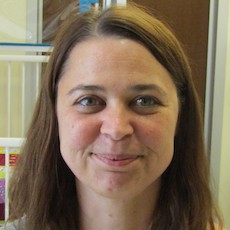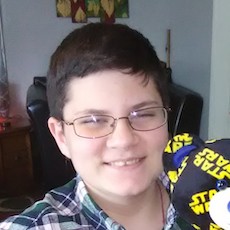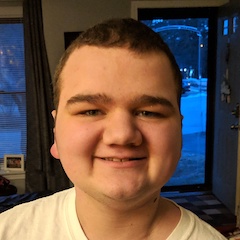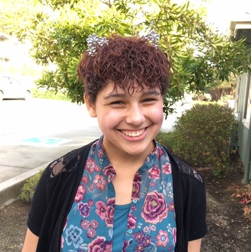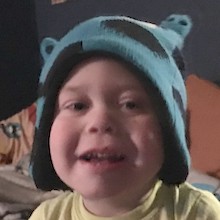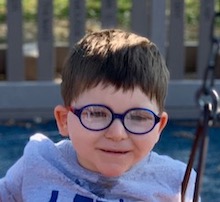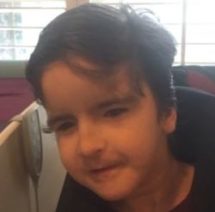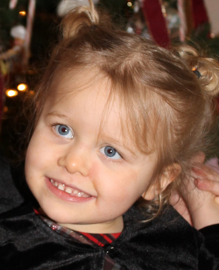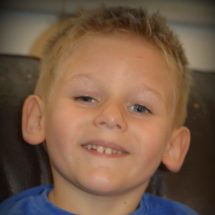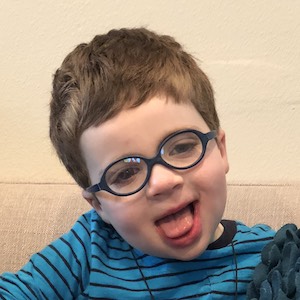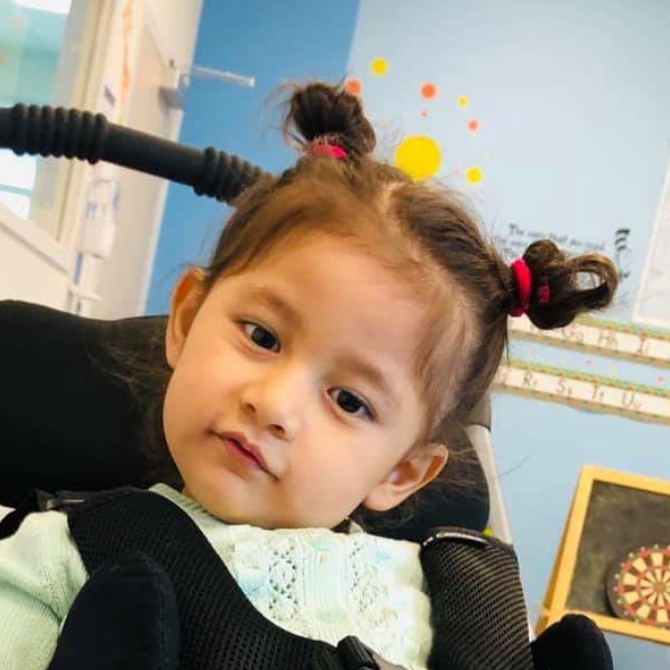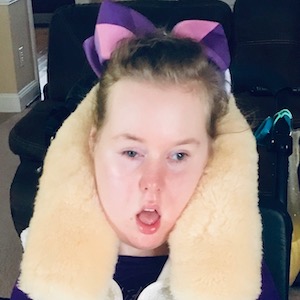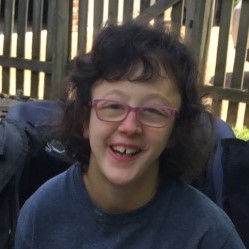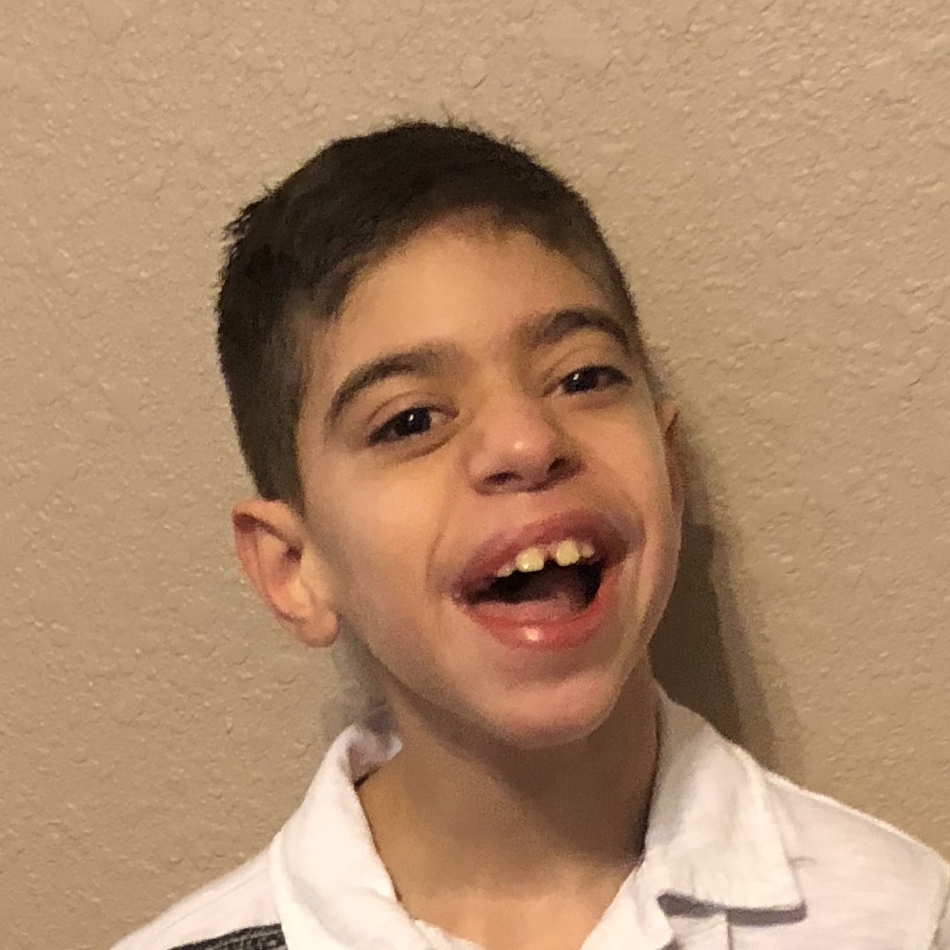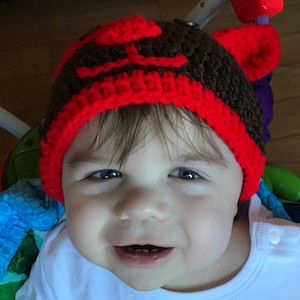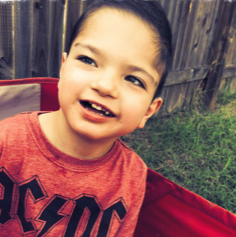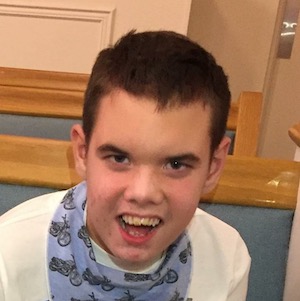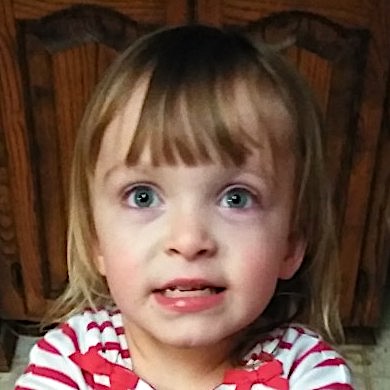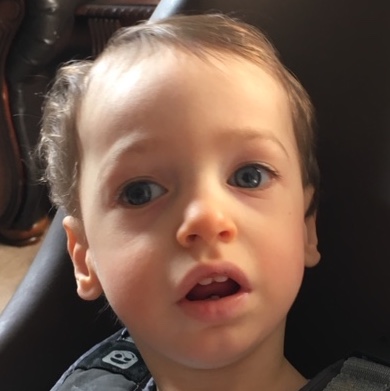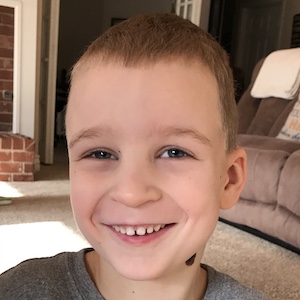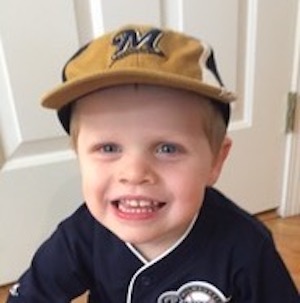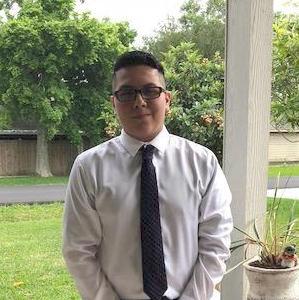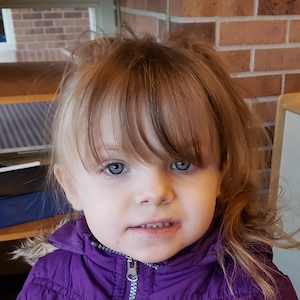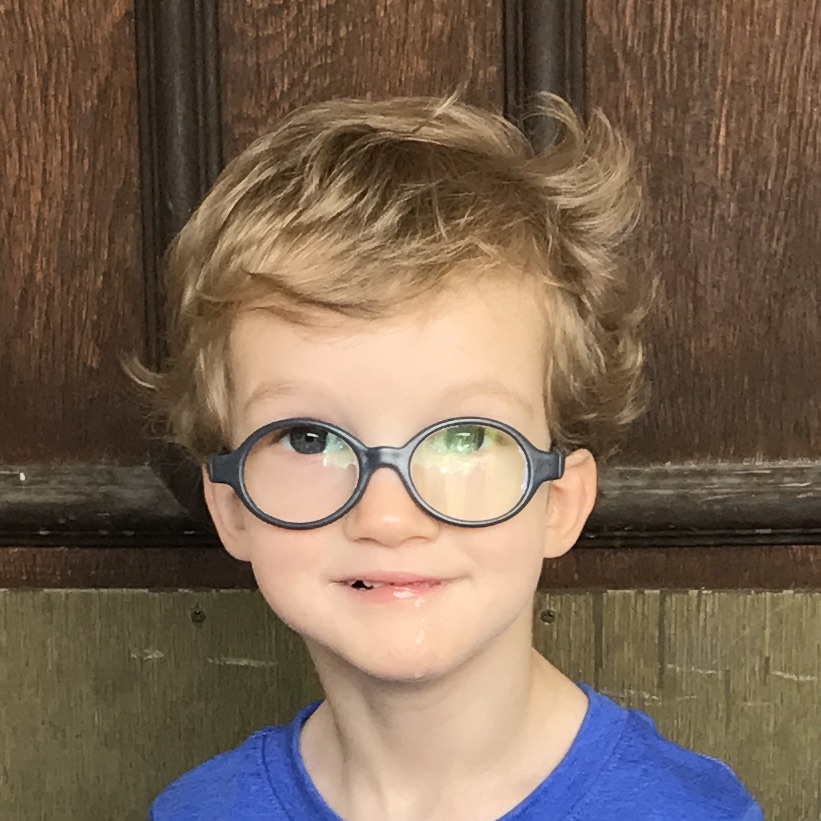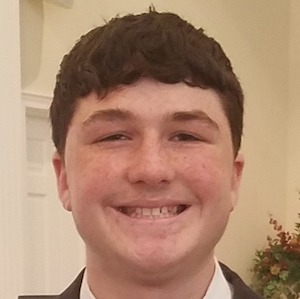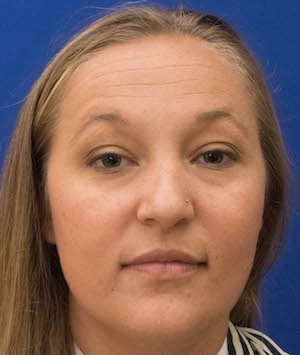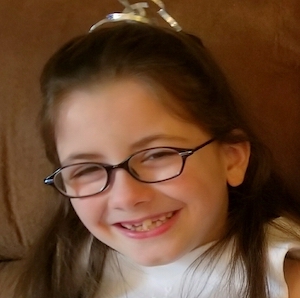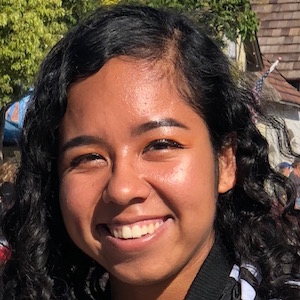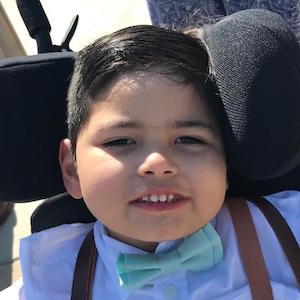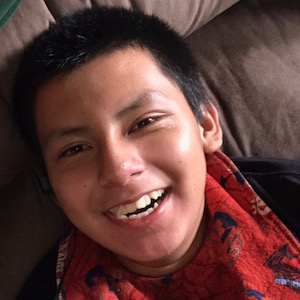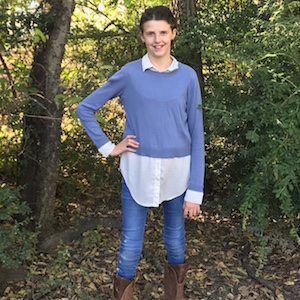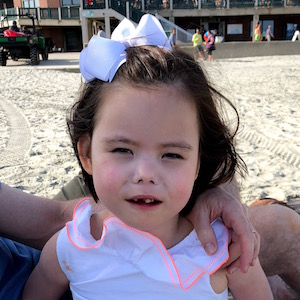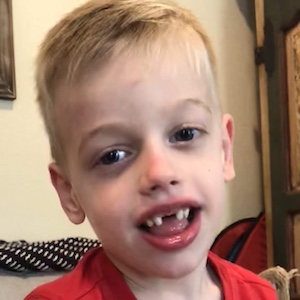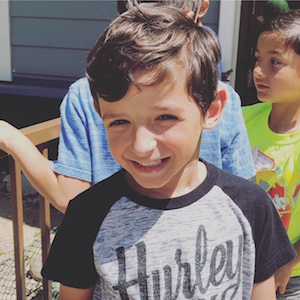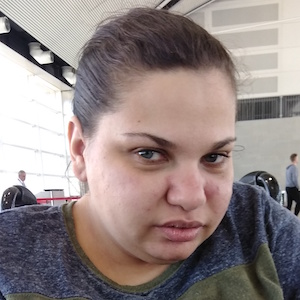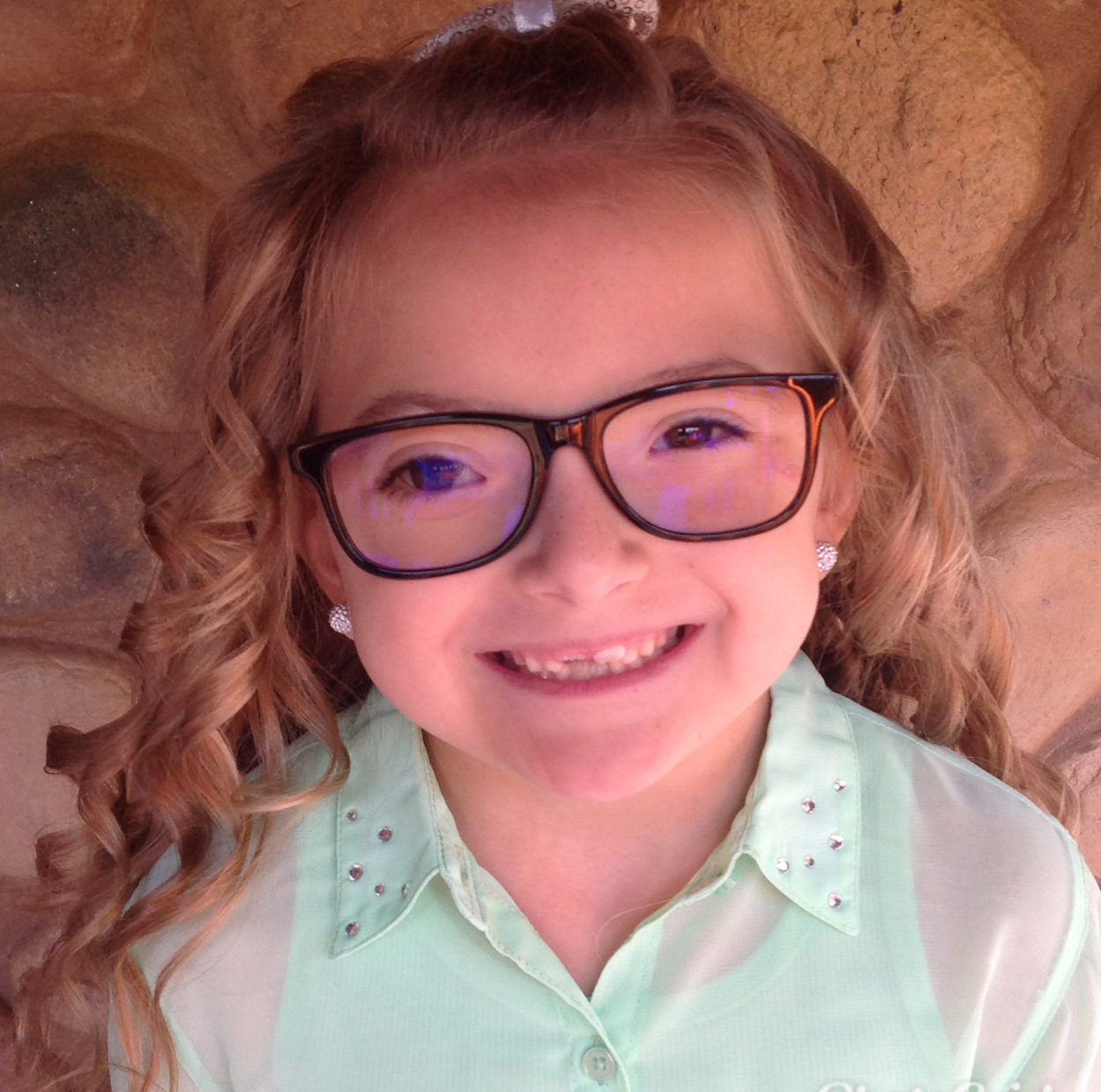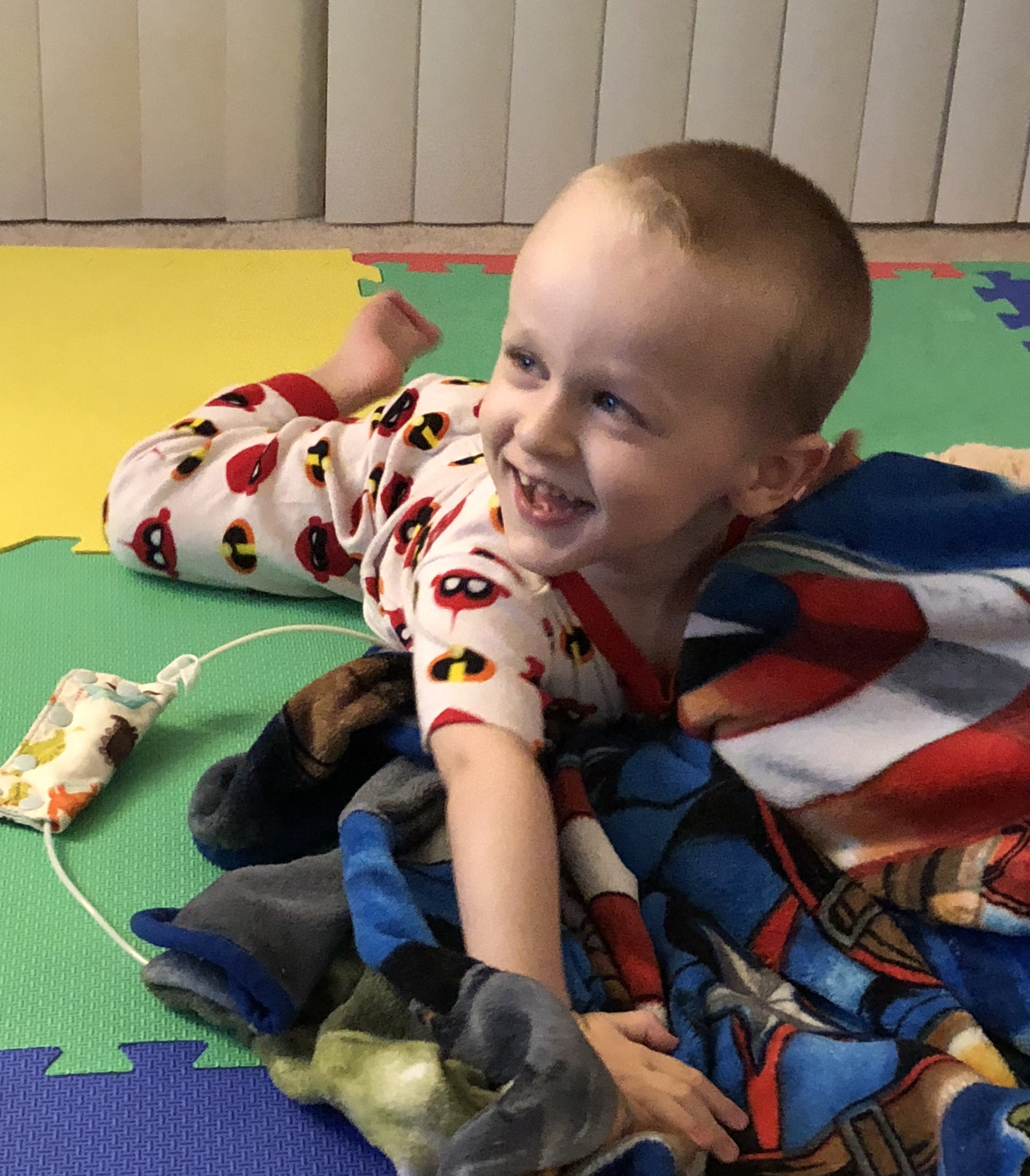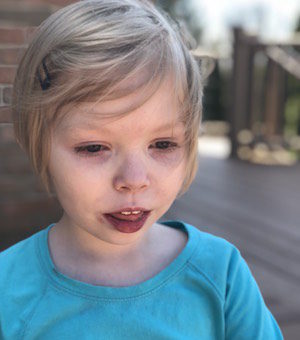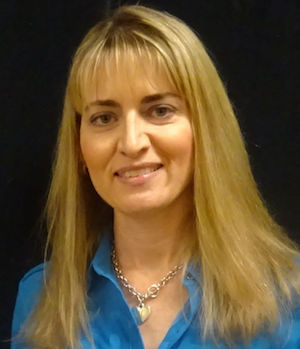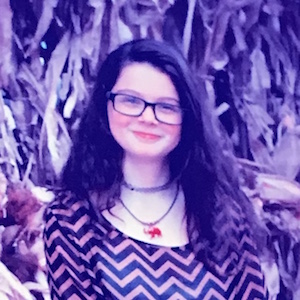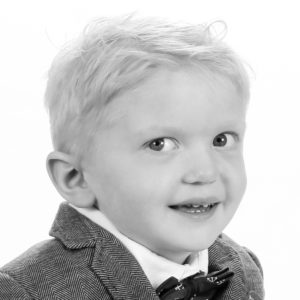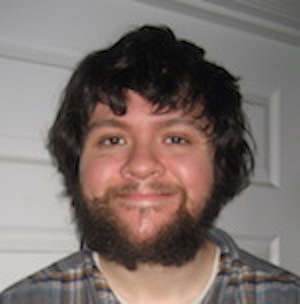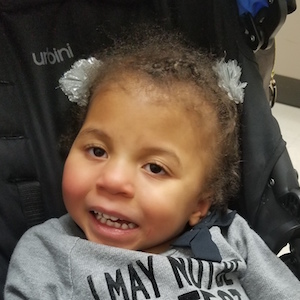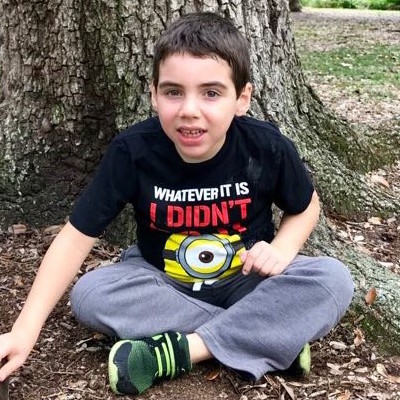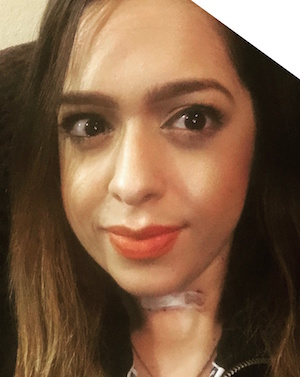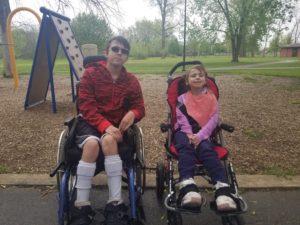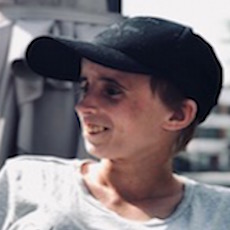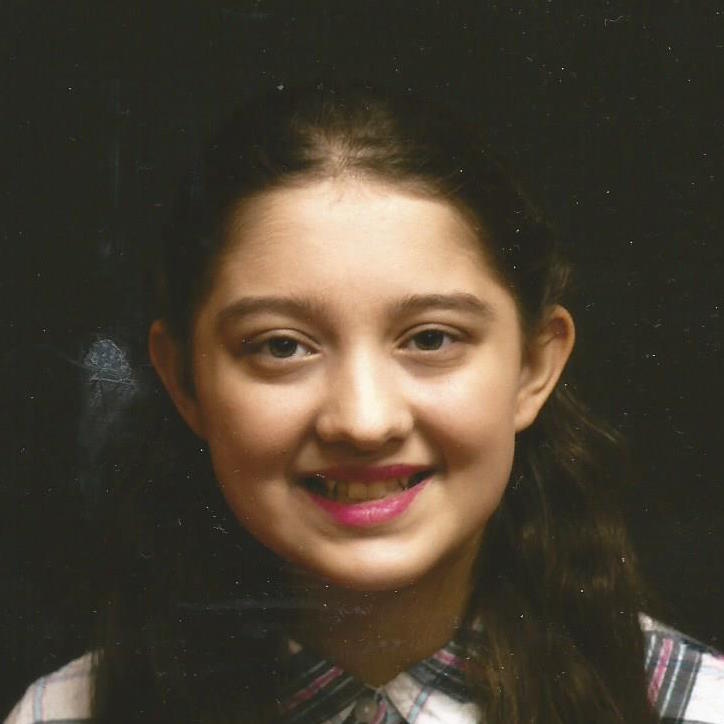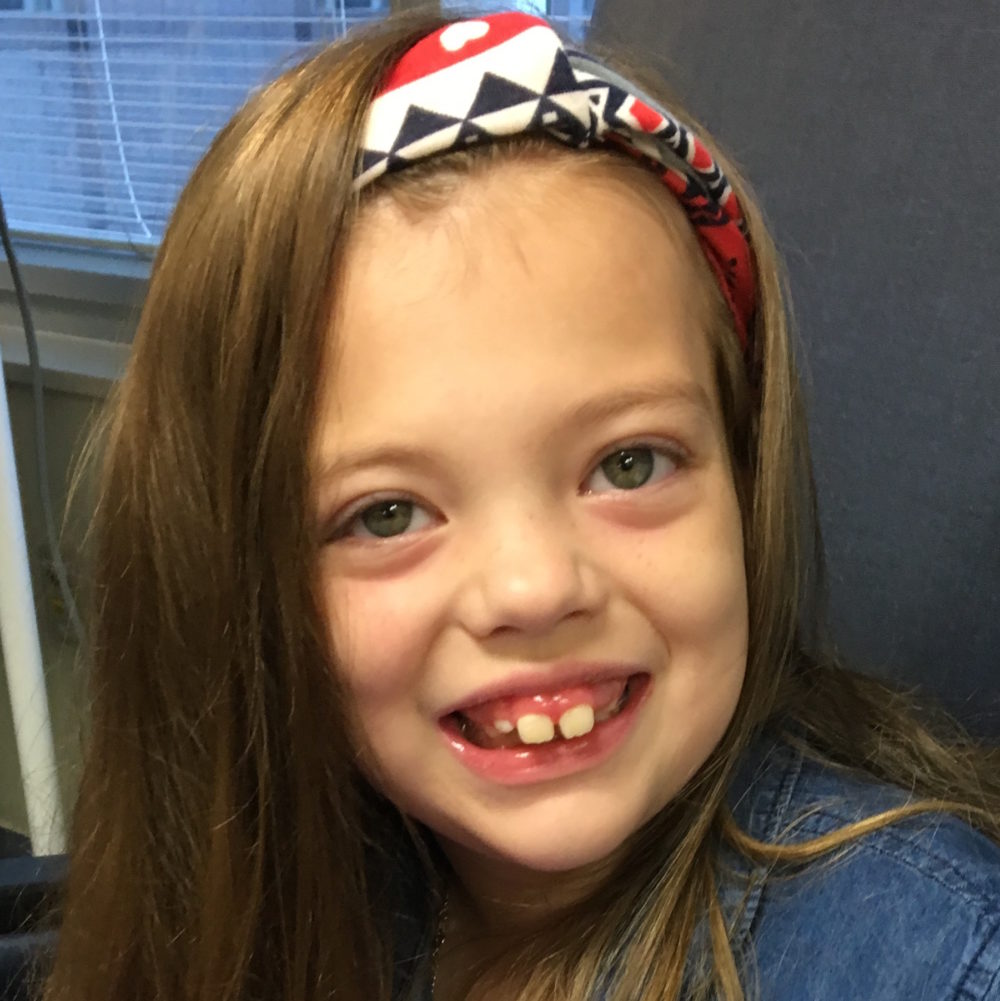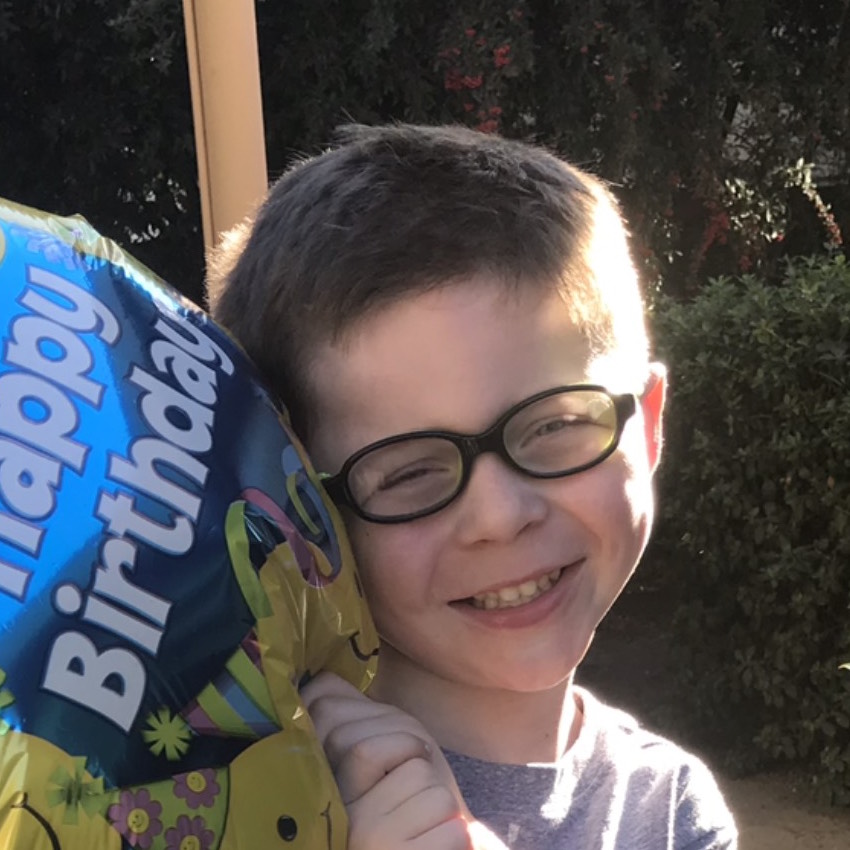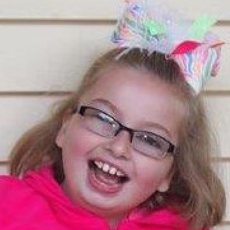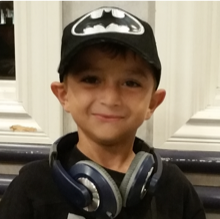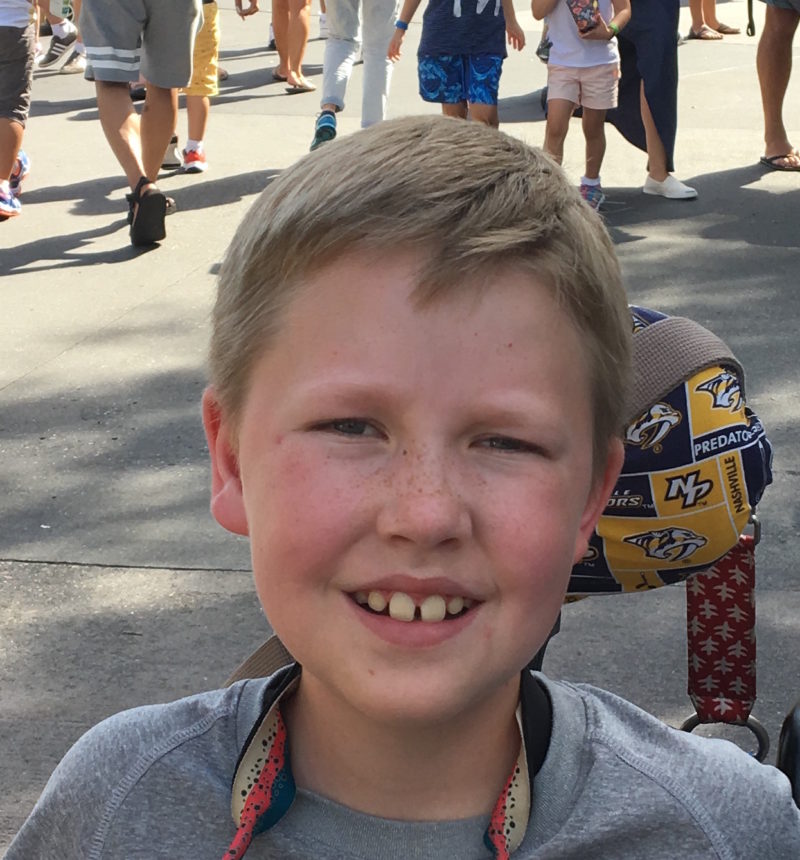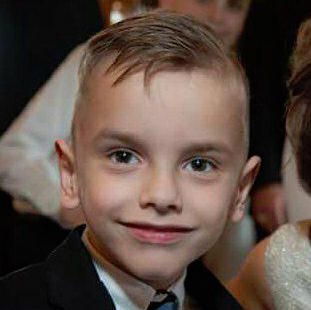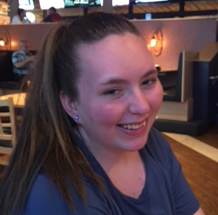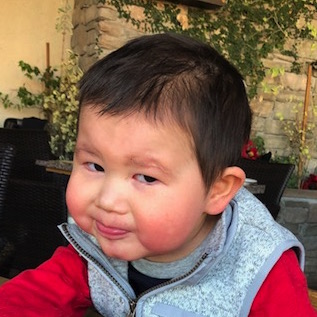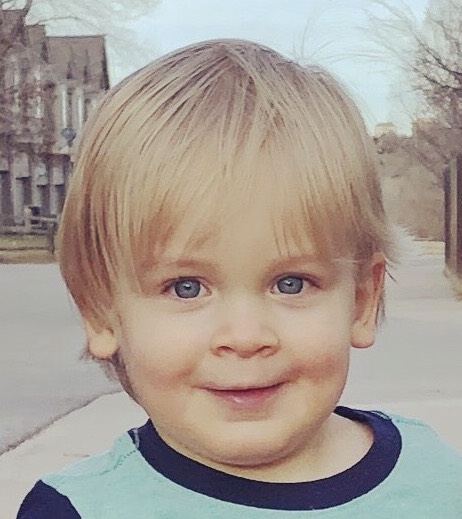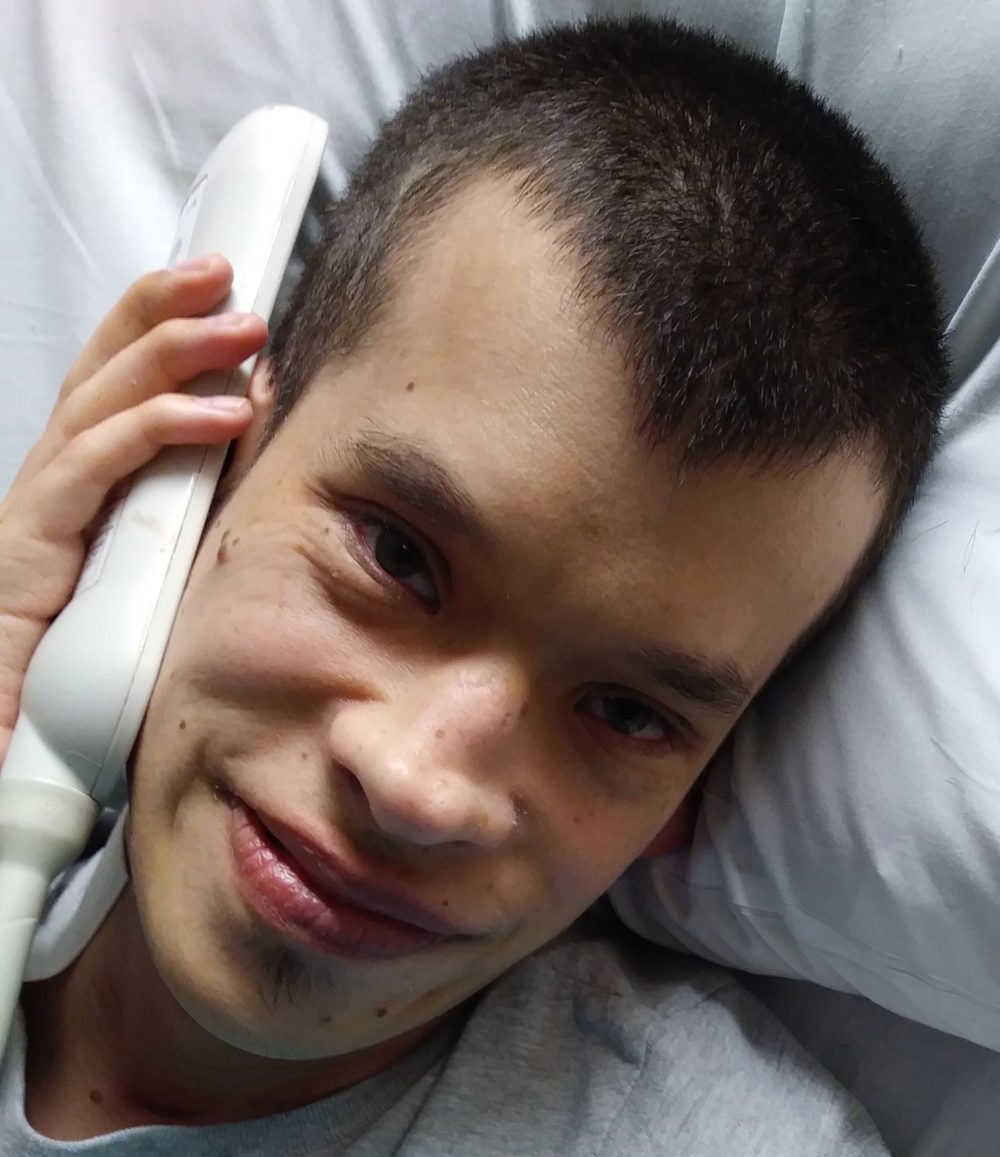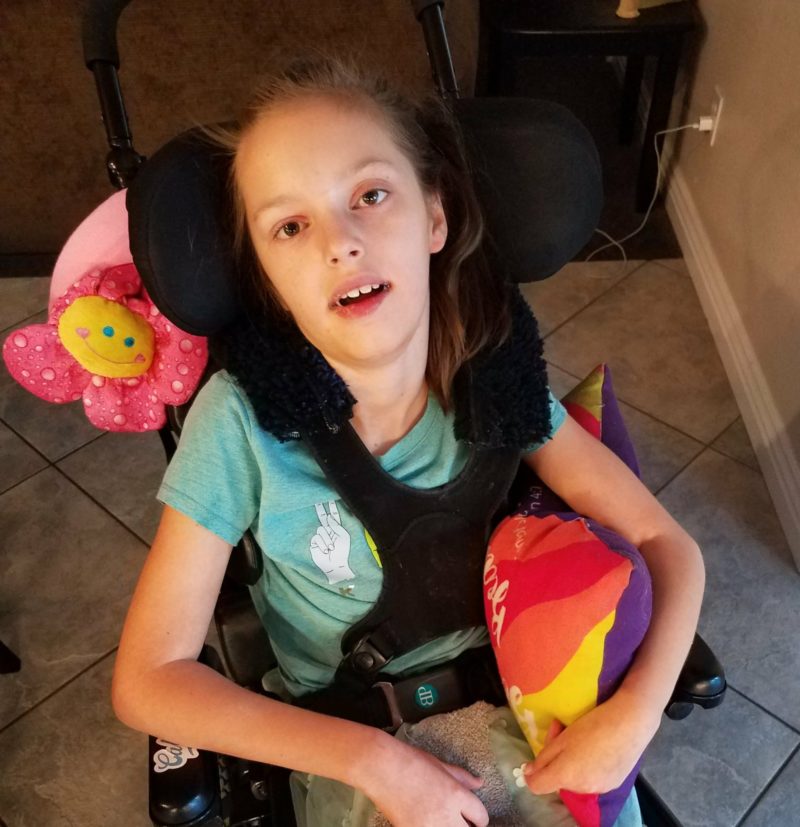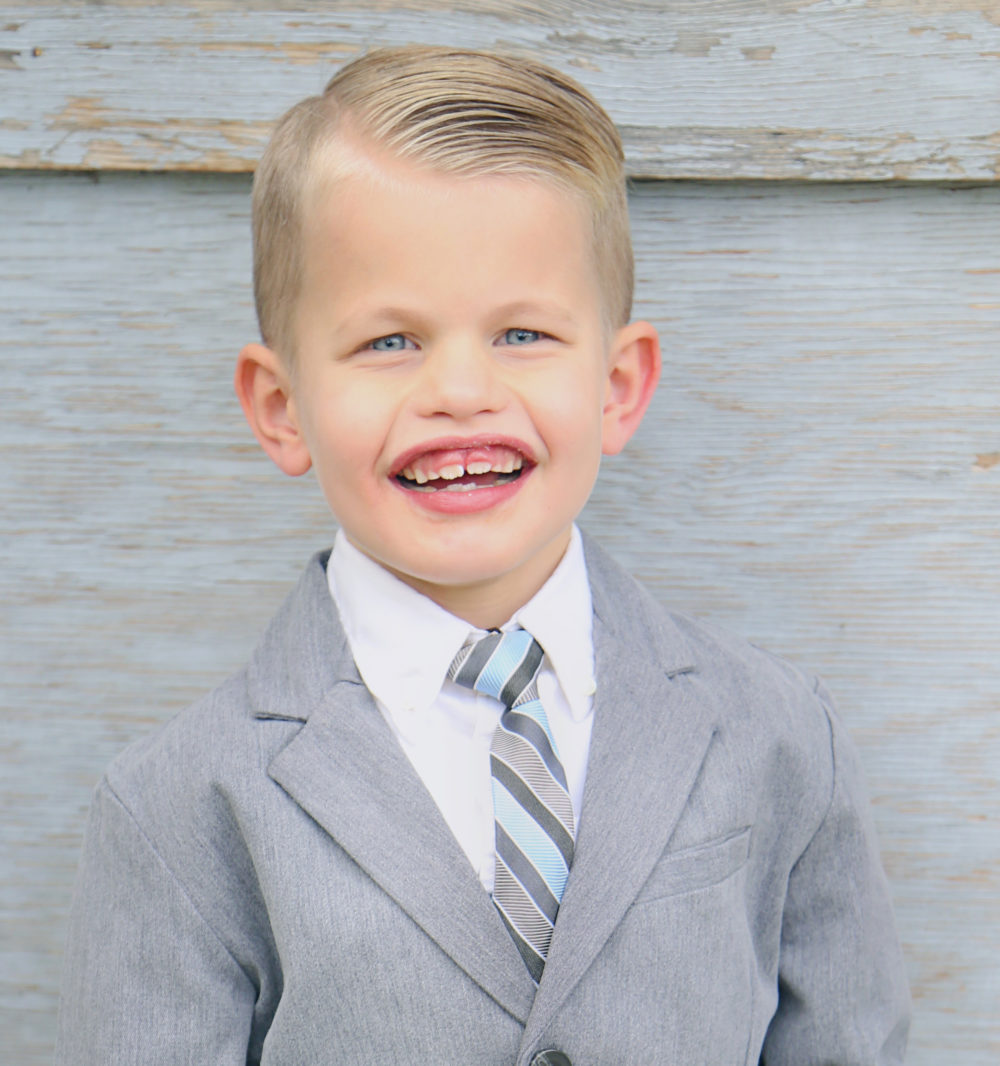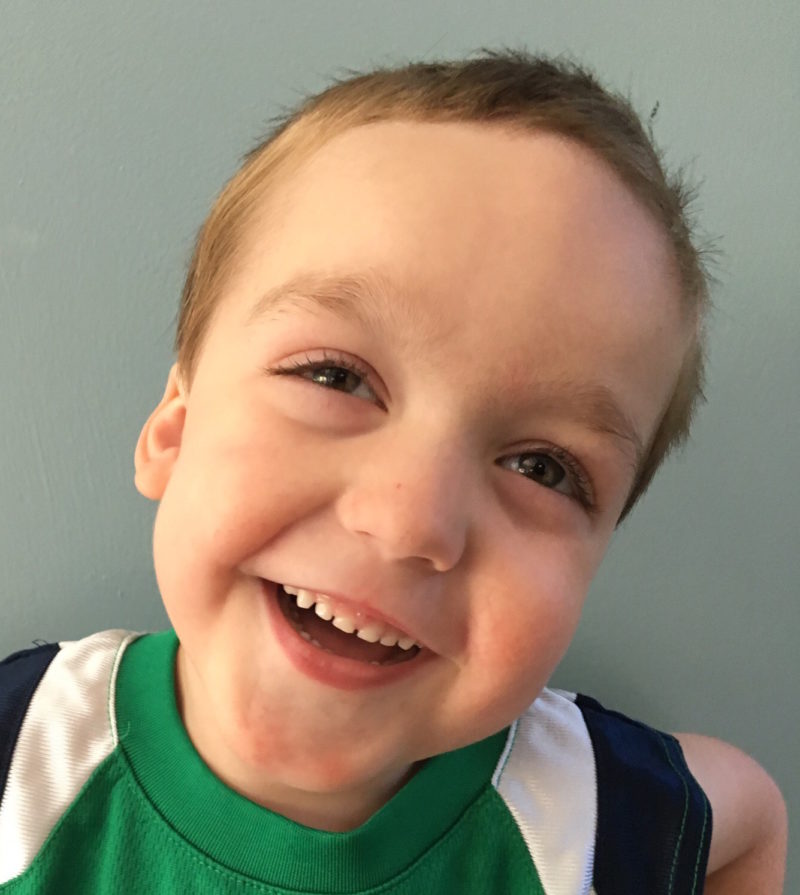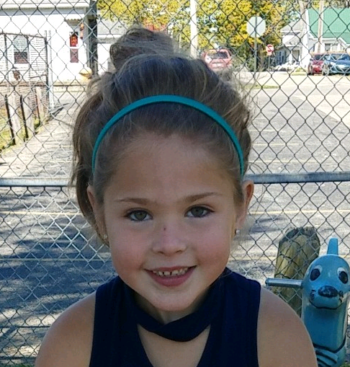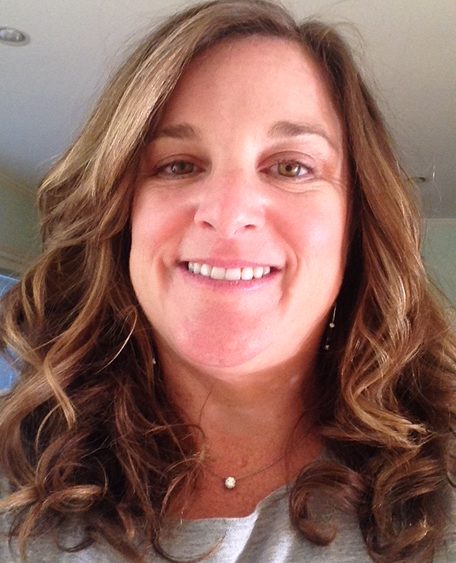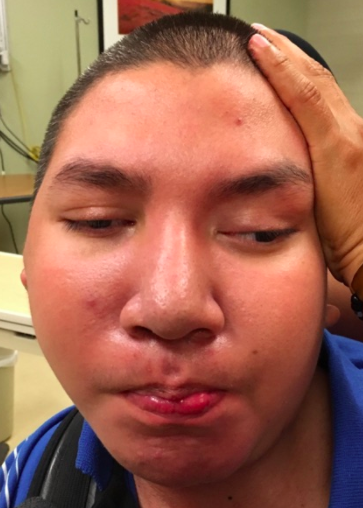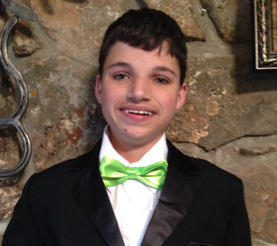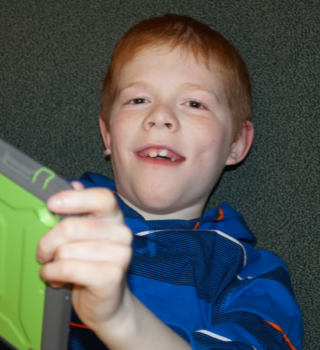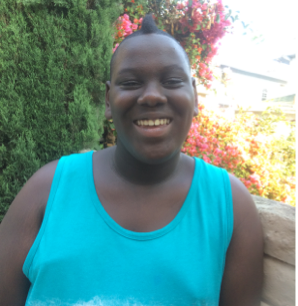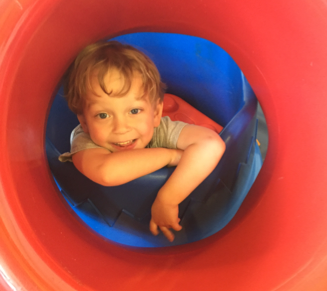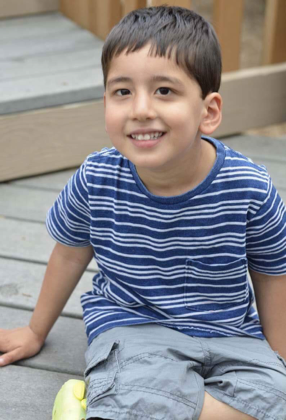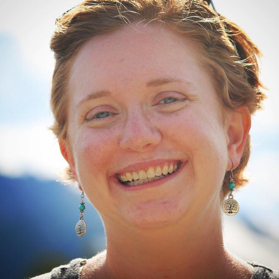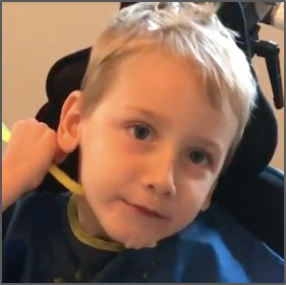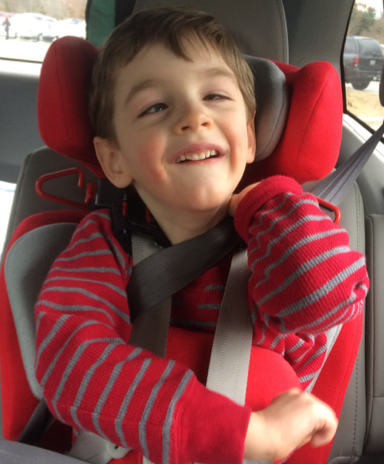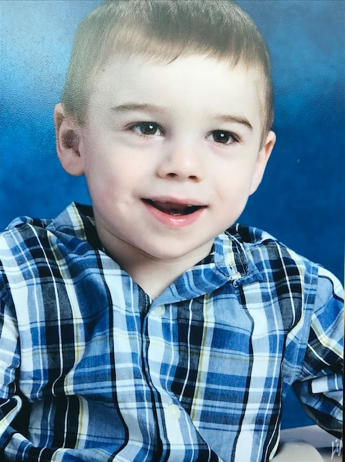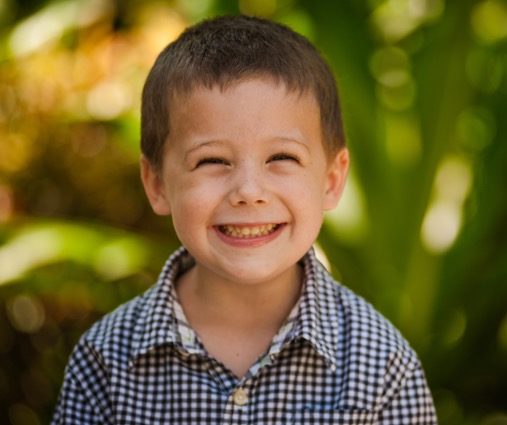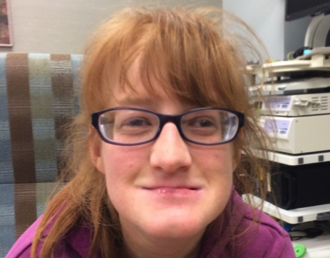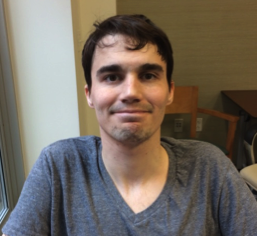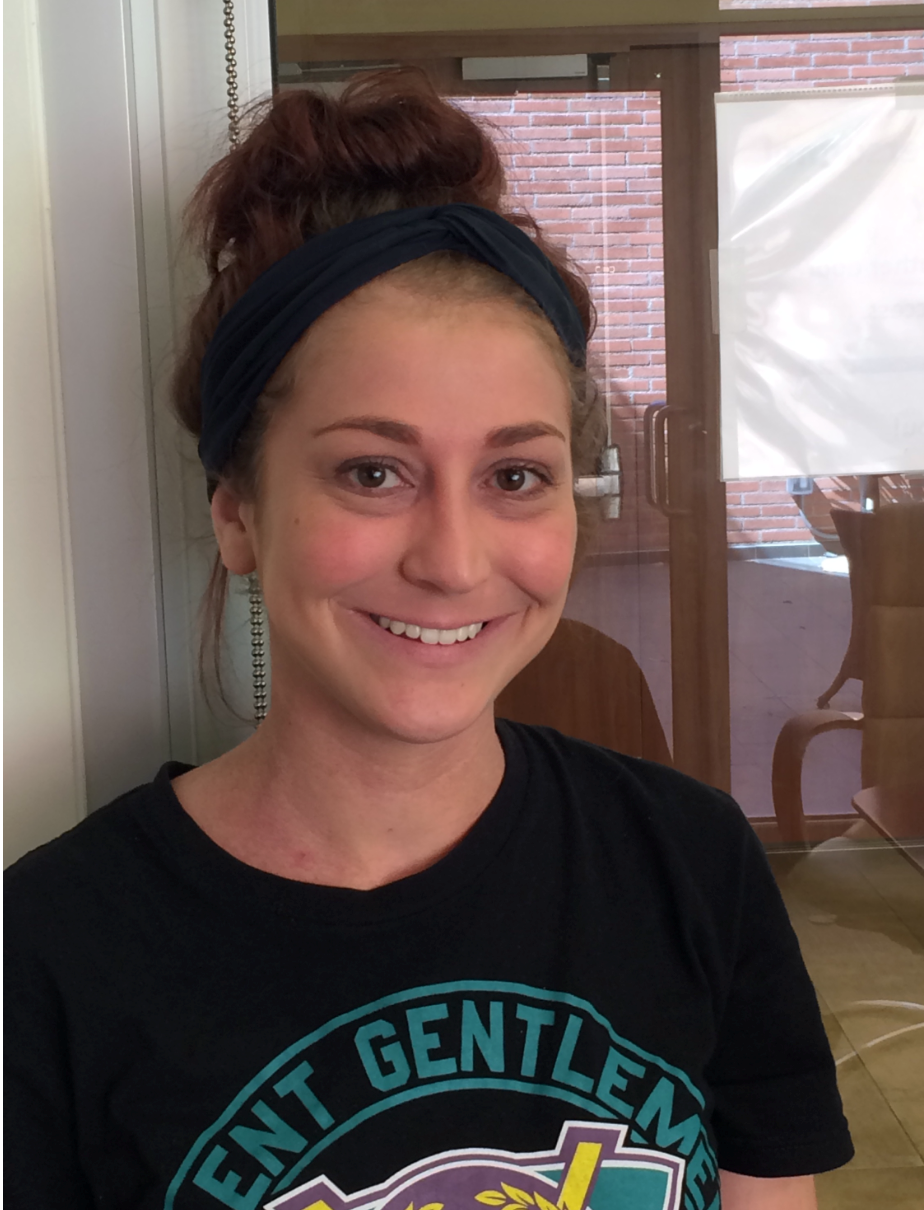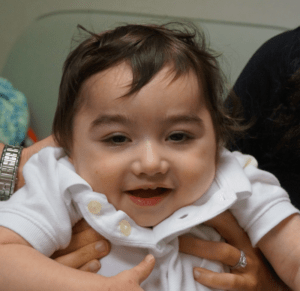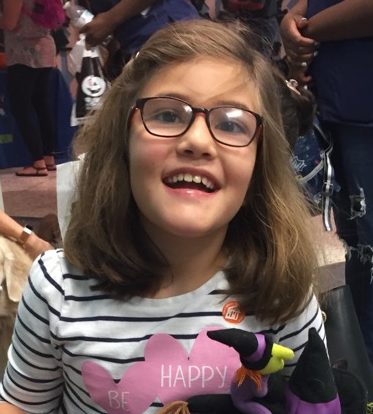Funding Opportunities
Open Opportunities
No active funding opportunities available.
Closed Opportunities
Gene Function Studies – January 2019
Gene Function Studies – September 2019
Gene Function Studies – September 2020
Clinical Research Support Core Subawards – October 2023
Clinical Research Support Core Subawards – February 2024
Funded Projects
| Institution(s) | Principal Investigator(s) | Project Title | Project Start Date |
|---|---|---|---|
| Medical College of Wisconsin | Donald Basel, MD | UDN DCoE clinical program support, Year 2 | April 1, 2024 |
| Washington University in St. Louis | Patricia Dickson, MD | Multi-omics Approach to Increase Diagnostic Success for UDN Participants | April 1, 2024 |
| Baylor College of Medicine | Brendan Lee, MD, PhD | Characterization of CD2 Cytoplasmic Tail Binding Protein 2 (CD2BP2) p.E253K in Cellular Processes | April 1, 2024 |
| Baylor College of Medicine | Brendan Lee, MD, PhD | Functional studies of ZNF331 and DPRX deletion andits association with a novel imprinted genetic disorder | April 1, 2024 |
| University of California, Los Angeles | Stanley Nelson, MD | Application of multi-ome long-read sequencing to unsolved UDN cases at the UCLA Clinical Site | April 1, 2024 |
| The Trustees of Indiana University | Stephanie Ware, MD, PhD | Clinical Site Operations Support for Indiana Undiagnosed Rare Disease Clinic, Year 2 | April 1, 2024 |
| The Trustees of Indiana University | Stephanie Ware, MD, PhD | Clinical Site Operations Support for Indiana Undiagnosed Rare Disease Clinic, Year 1 | September 1, 2023 |
| Pacific Northwest UDN (University of Washington/Seattle Children’s Hospital) | Gail Jarvik, MD, PhD (UDN site PI), Andrew B. Stergachis, MD, PhD (project PI) | Application of Multi-Ome Long-Read Sequencing to Unsolved UDN Cases | September 1, 2023 |
| The Board of Trustees of The University of Alabama for The University of Alabama at Birmingham | Bruce Korf, MD, PhD | Improving Efficiency, Access, and Diversity of UAB UDP Patient Evaluations | September 1, 2023 |
| Regents of the University of California, Los Angeles | Stanley F. Nelson, MD, and Julian Martinez, MD, PhD | Gene Function Studies of Rare Variants in Nove L and Candidate Genes Associated With Mitochondrial Function | September 1, 2023 |
| University of Utah | Lorenzo Botto, MD (UDN site PI), Jihyun Song, PhD (project PI) | Primary and Secondary Erythrocytosis Caused by a Mutation in mRNA Cap Methyltransferase 1 (CMTR1) | September 1, 2023 |
| Vanderbilt University | Rizwan Hamid, MD (UDN site PI), Lisa Bastarache, MS (project PI), and Rory Tinker, MD (project PI) | Developing a bioinformatic pipeline to interpret variants of unknown significance within the UDN using BioVU | September 1, 2023 |
| Medical College of Wisconsin | Donald Basel, MD | UDN Clinical Research Support Core Year 1 Subaward | September 1, 2023 |
| Washington University in St. Louis | Patricia I. Dickson, MD | Long-read RNA Sequencing to Increase Diagnostic Success | September 1, 2023 |
| Baylor College of Medicine | Hugo J. Bellen, DVM, PhD and Scott Barish, PhD | Uncovering the molecular mechanisms of the chromatin remodeler BICRA in the nervous system | July 1, 2021 |
| Monash University | Robert Bryson-Richardson, PhD | Identifying the mechanism of, and therapies for, UBA5 epileptic encephalopathy | July 1, 2021 |
| The Henry M. Jackson Foundation for the Advancement of Military Medicine, Inc. and Massachusetts General Hospital | Teresa Dunn, PhD and Florian Eichler, MD | The mechanistic basis of developmental delay due to mutations in SPTSSA | July 1, 2021 |
| Washington University in St. Louis | Lilianna Solnica-Krezel, PhD | Using zebrafish and human pluripotent stem cells to evaluate pathogenicity and define disease mechanisms for a ENY2 variant (p.K30Rfs*6) | July 1, 2021 |
| University of Alabama at Birmingham | Summer Thyme, PhD | Undiagnosed Diseases Network Gene Function Study NSD2 | July 1, 2021 |
| Rutgers University | Ching-On Wong, PhD | Delineating the signaling pathways associated with a disease-causing gain-of-function CLCN7 variant | July 1, 2021 |
| The University of Texas MD Anderson Cancer Center | Swathi Arur, PhD | To understand the mechanism of action of the damaging DROSHA variant p.D1219G using C. elegans | July 1, 2020 |
| Baylor College of Medicine | Hugo J. Bellen, DVM, PhD | Exploring the role of WDR37 in a neurological syndrome with striking similarities to Schuurs-Hoeijmakers syndrome | July 1, 2020 |
| Washington University in St. Louis | John A. Cooper, MD, PhD | Using zebrafish as an animal model to evaluate pathogenicity and define disease mechanisms for a CARMIL3 variant (p.Gln928Glu) | July 1, 2020 |
| University of California, Davis | Daniel Starr, PhD | A humanized C. elegans model to study KLC4 kinesin light chain in disease | July 1, 2020 |
| University of Oregon | Monte Westerfield, PhD | Undiagnosed Diseases Network Gene Function Study PAPSS1 | July 1, 2020 |
| Baylor College of Medicine | Shinya Yamamoto, PhD | Exploring the molecular mechanisms of Glutaminase-related neurological diseases | July 1, 2020 |
| Baylor College of Medicine | Hugo J. Bellen, DVM, PhD | Understanding the role of IRF2BPL in neurological disease | July 1, 2019 |
| Baylor College of Medicine | Lindsay Burrage, MD, PhD | ER stress in TANGO2-related metabolic encephalopathy and arrhythmias | July 1, 2019 |
| University of Iowa | Lori Wallrath, PhD | Mechanisms of TMEM43 muscle disease | July 1, 2019 |
| University of Michigan | Paul C. Tang, MD, PhD | Elucidation of the Mechanism of Disease in a TAX1BP3 gene variant associated with human Arrhythmogenic Right Ventricular Cardiomyopathy | July 1, 2019 |
| University of Oregon | Monte Westerfield, PhD | Undiagnosed Diseases Network Gene Function Study MAST2 | July 1, 2019 |
| Washington University in St. Louis | Kristen Kroll, PhD | Using human pluripotent stem cell models to evaluate pathogenicity and define disease mechanisms for a ZNF292 variant found in a UDN participant | July 1, 2019 |




